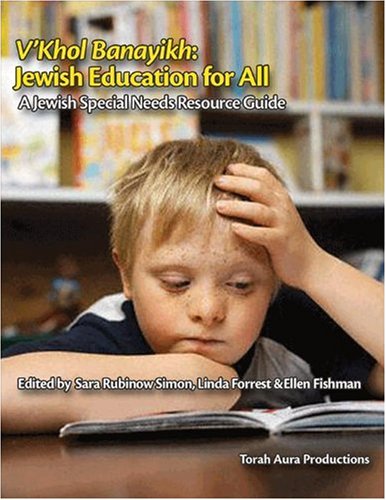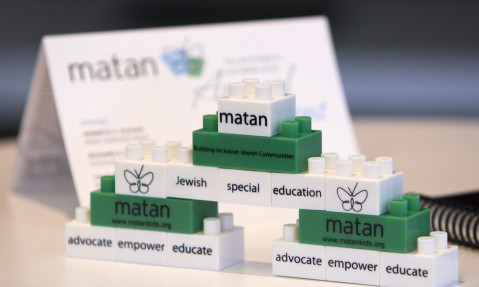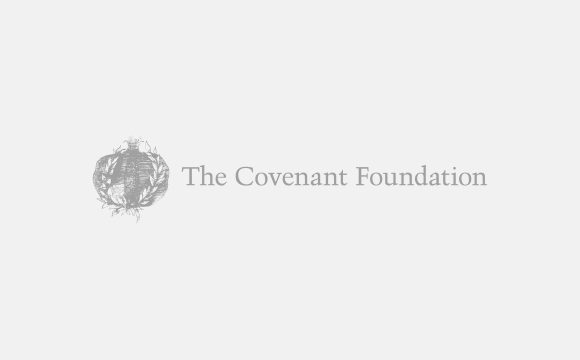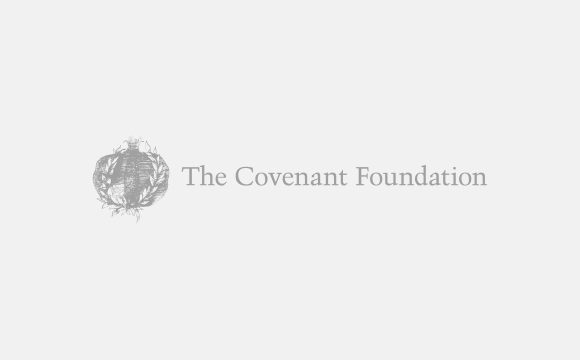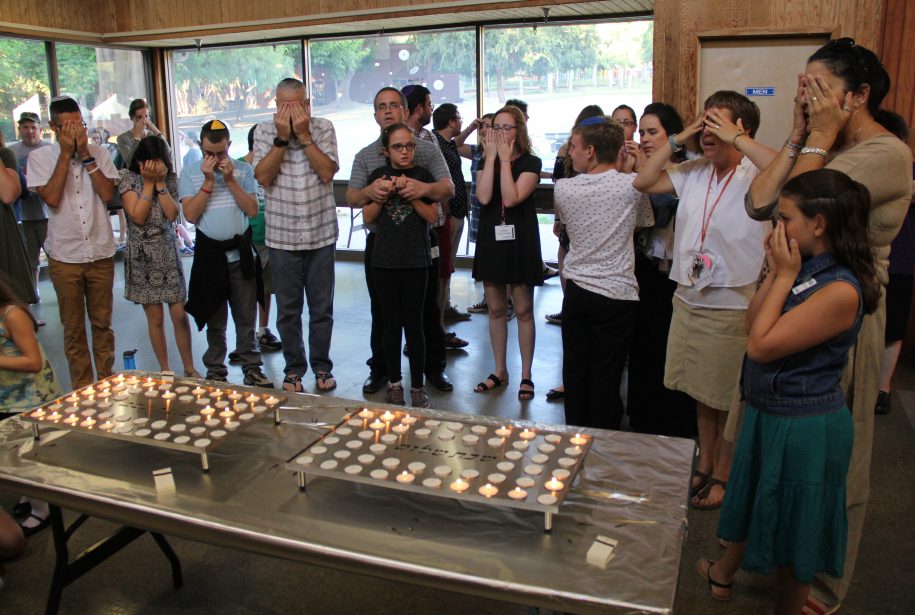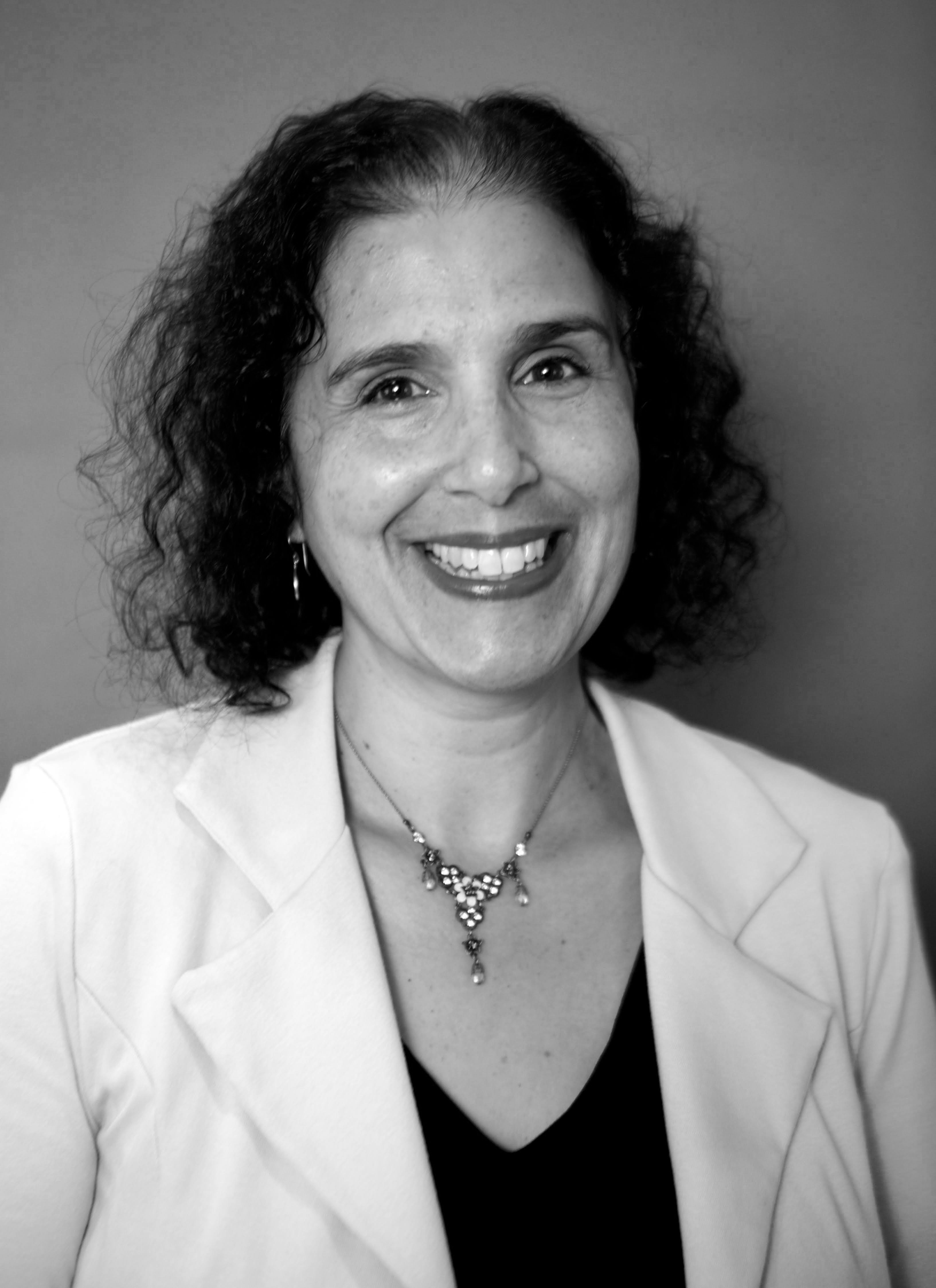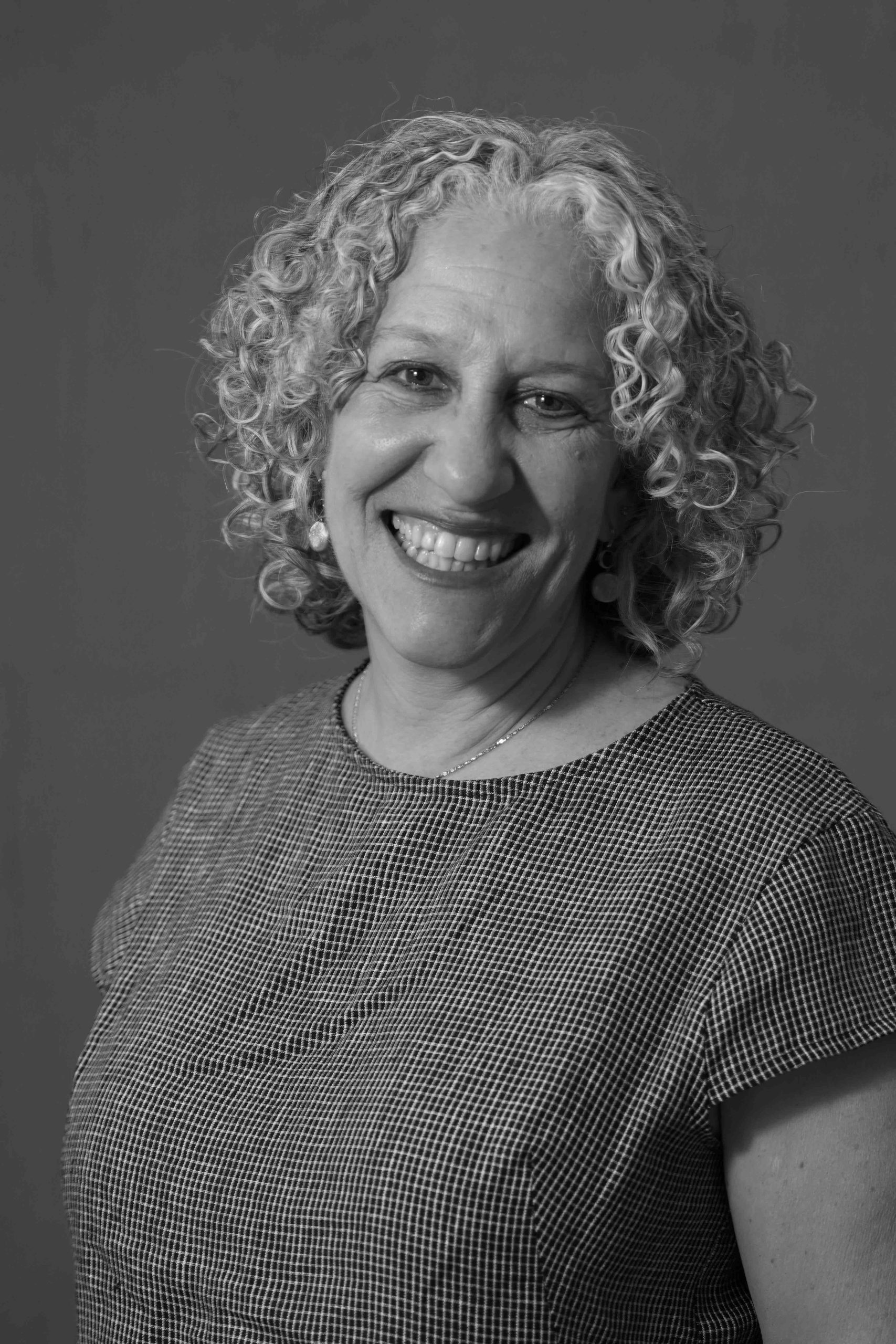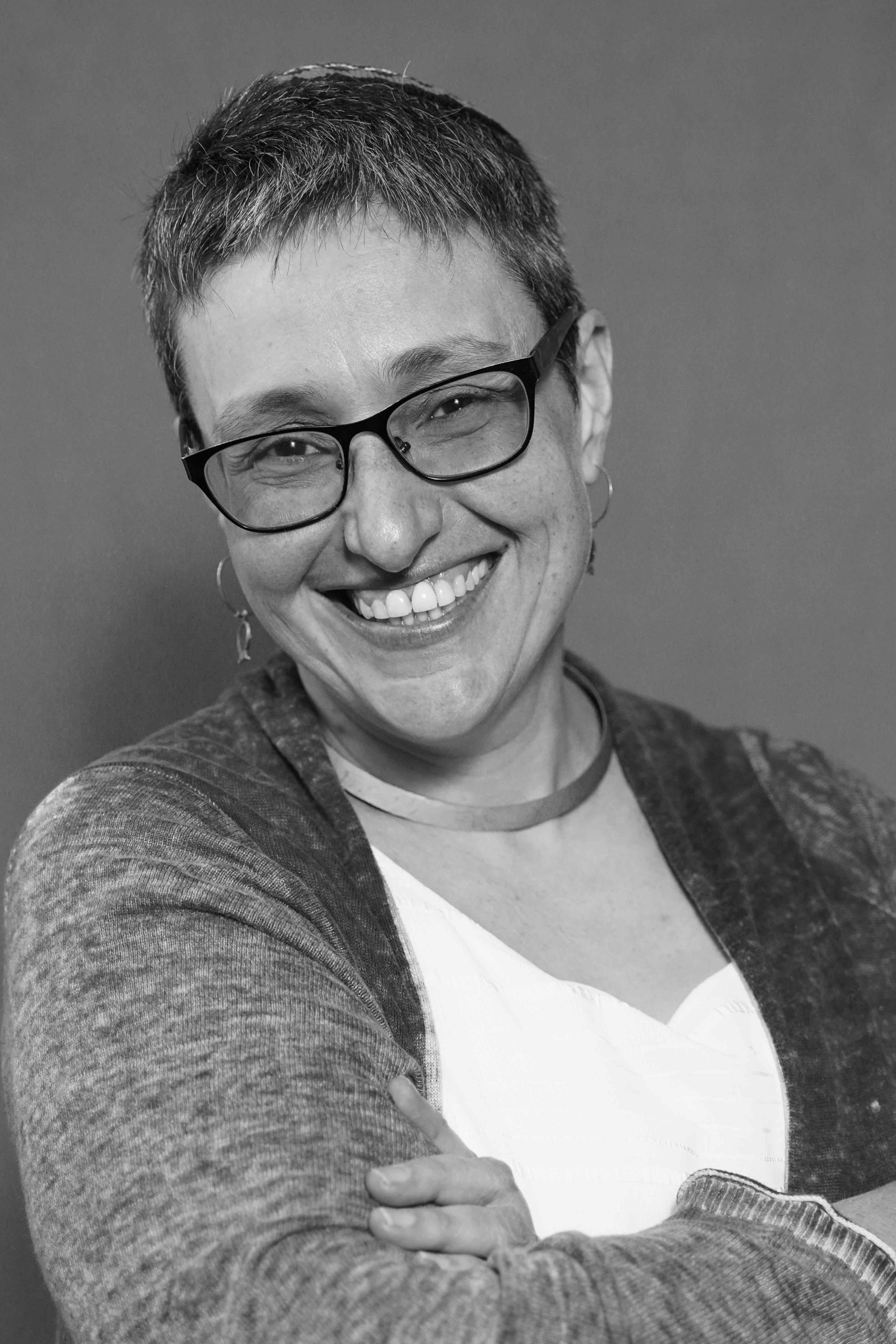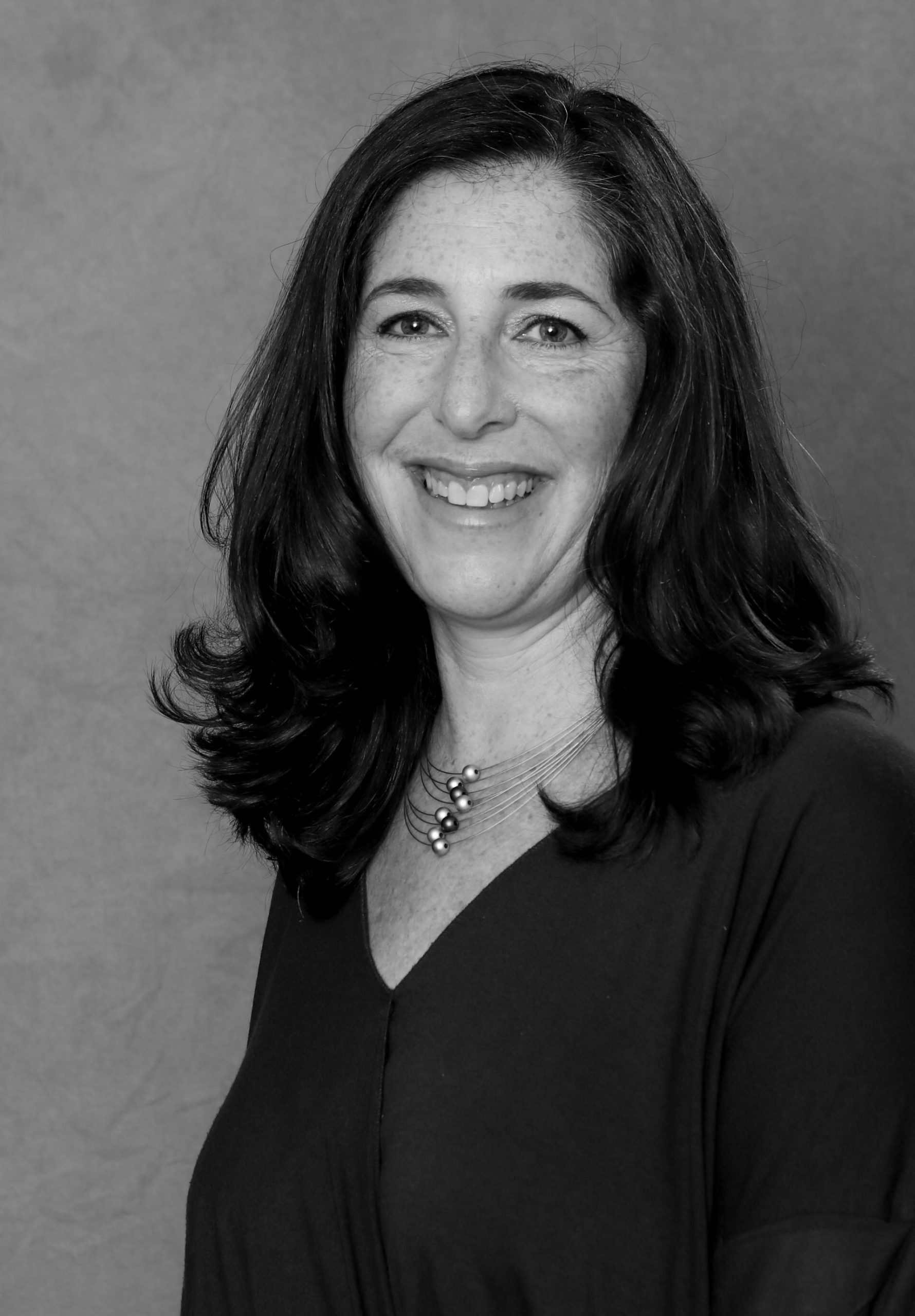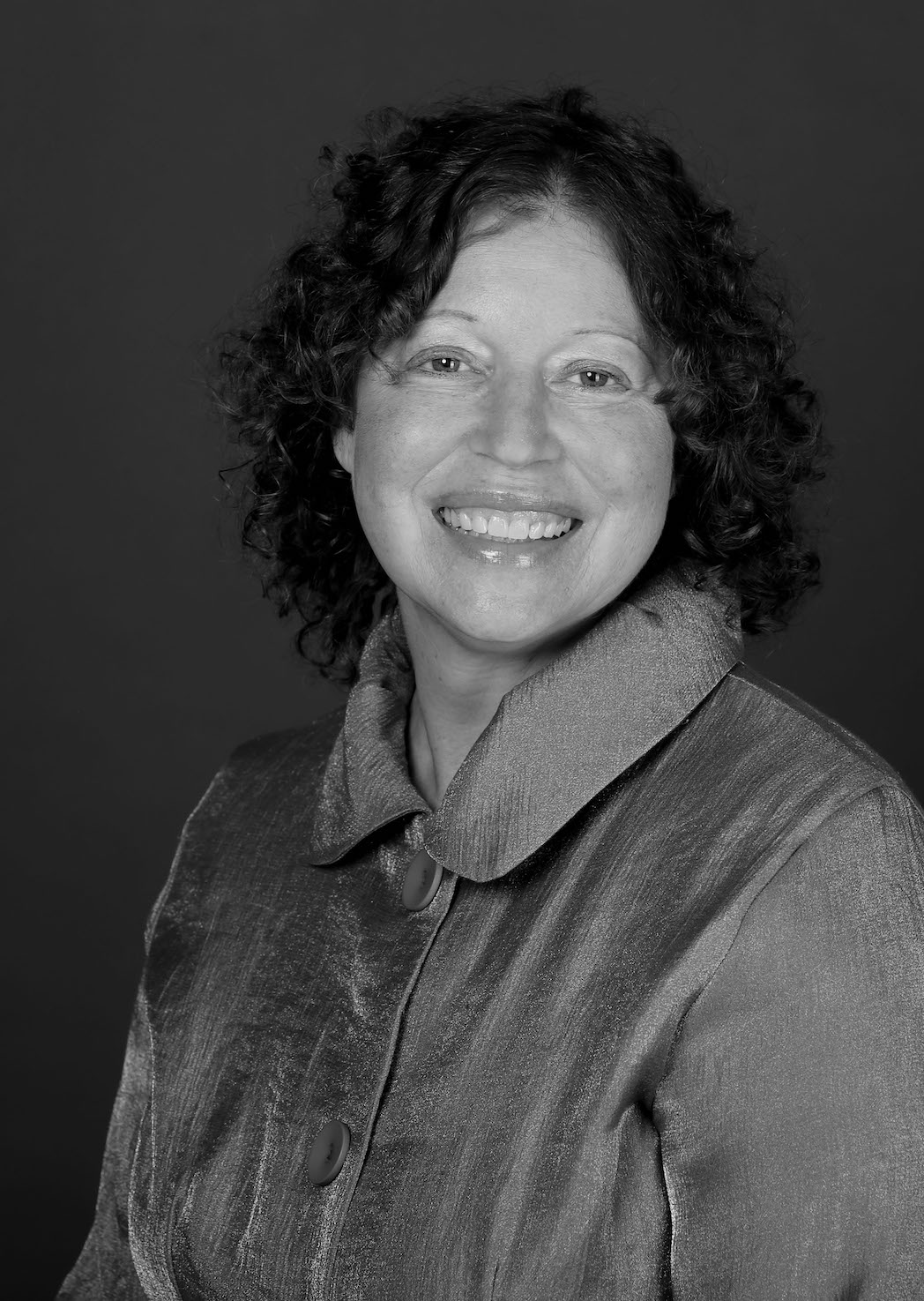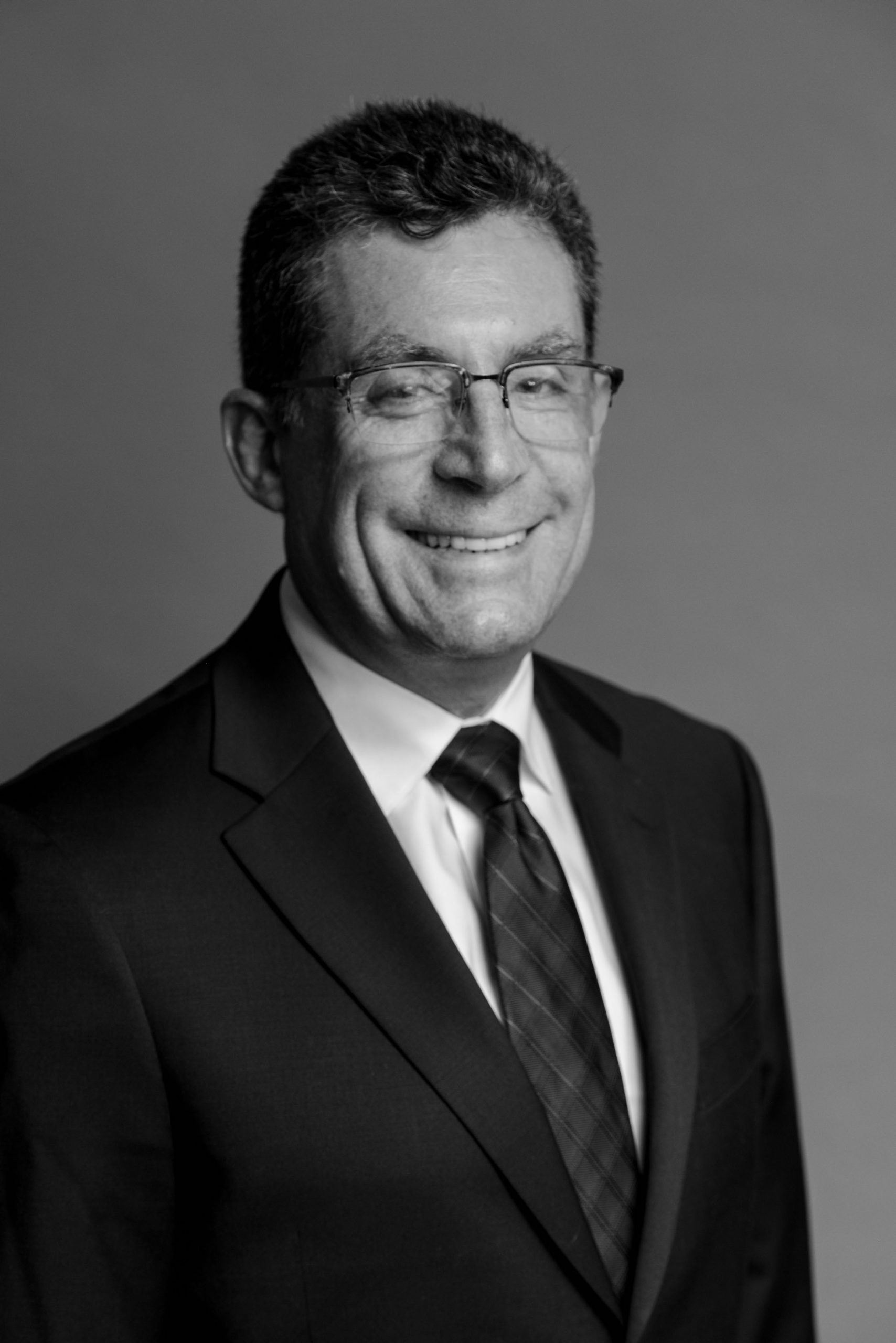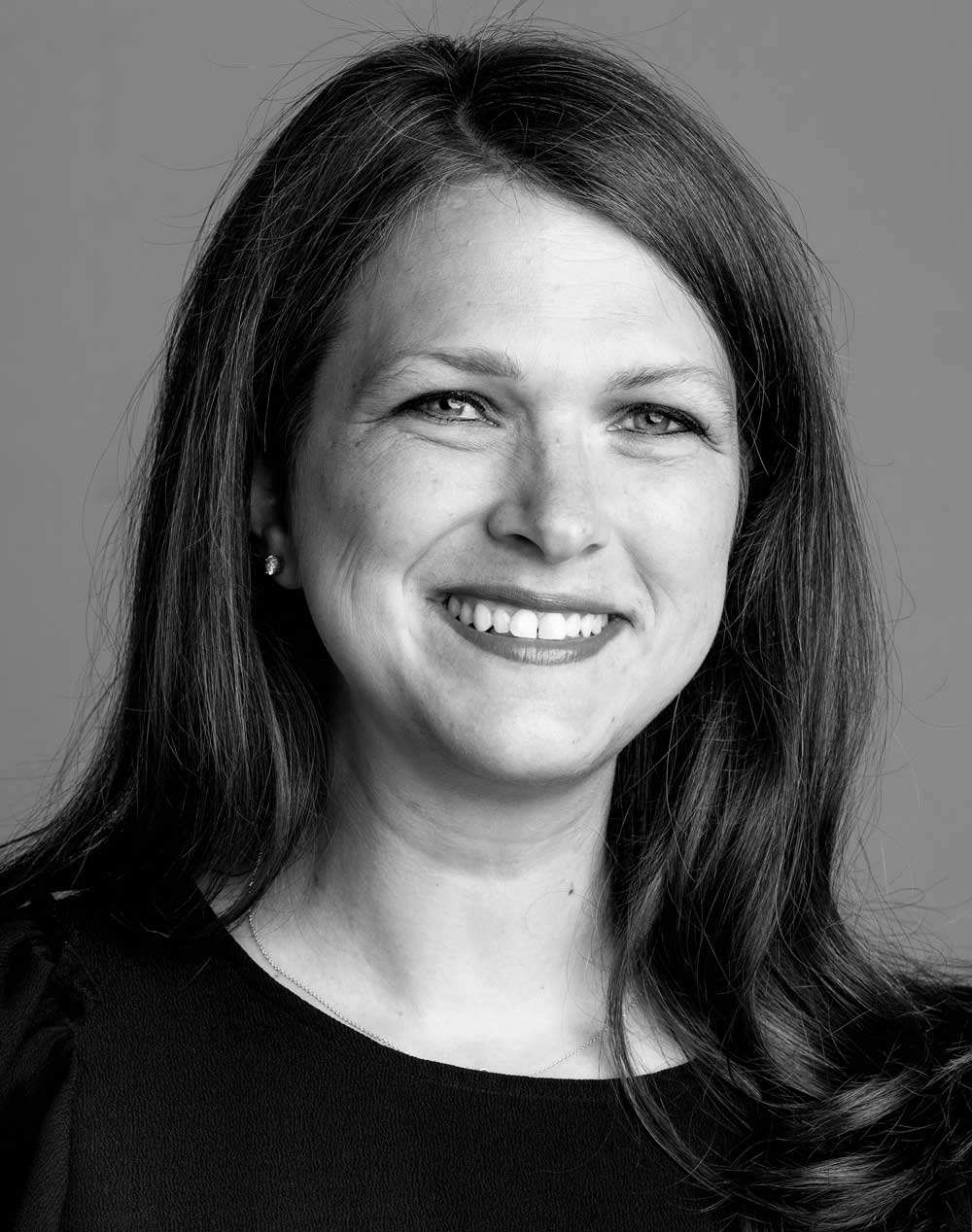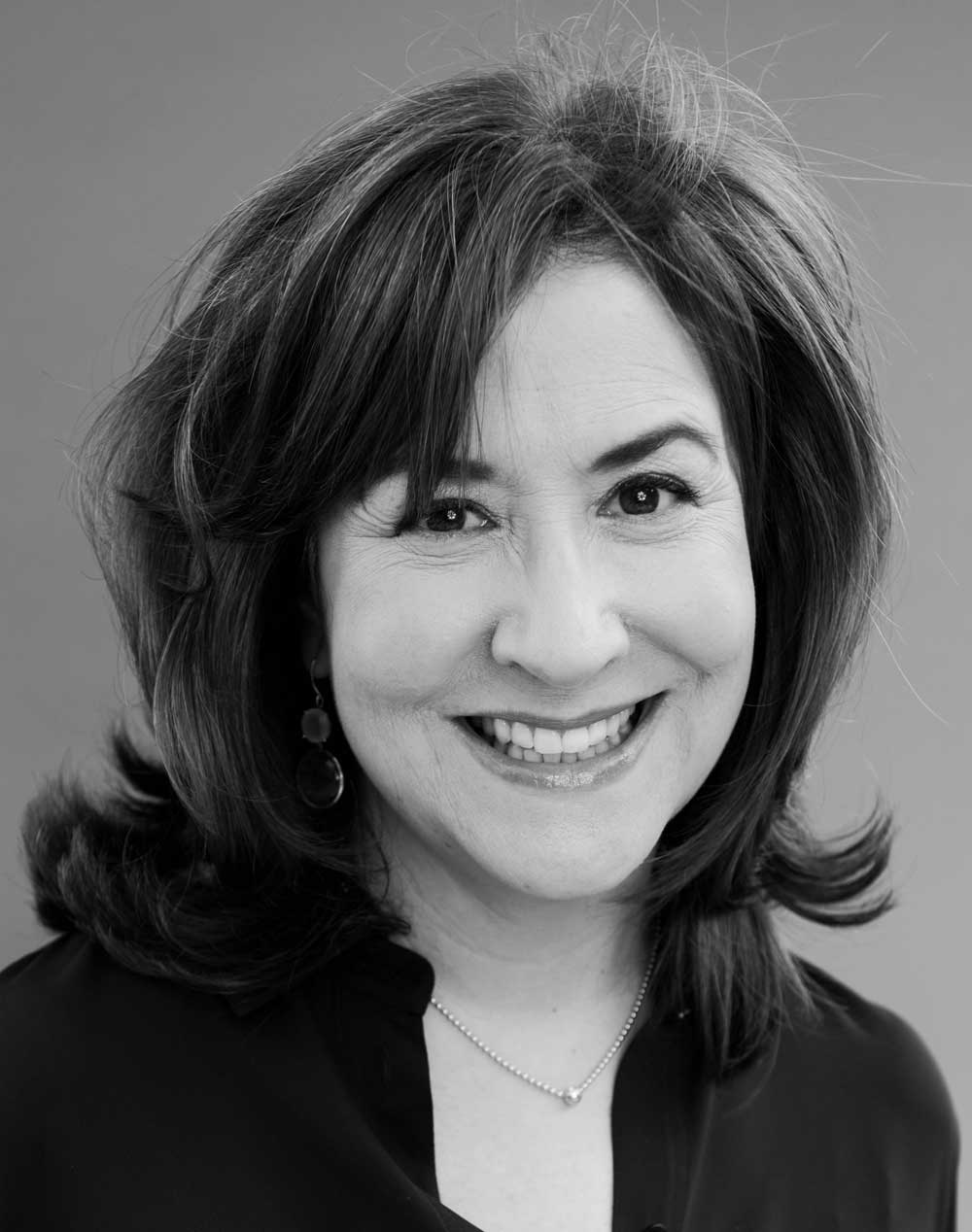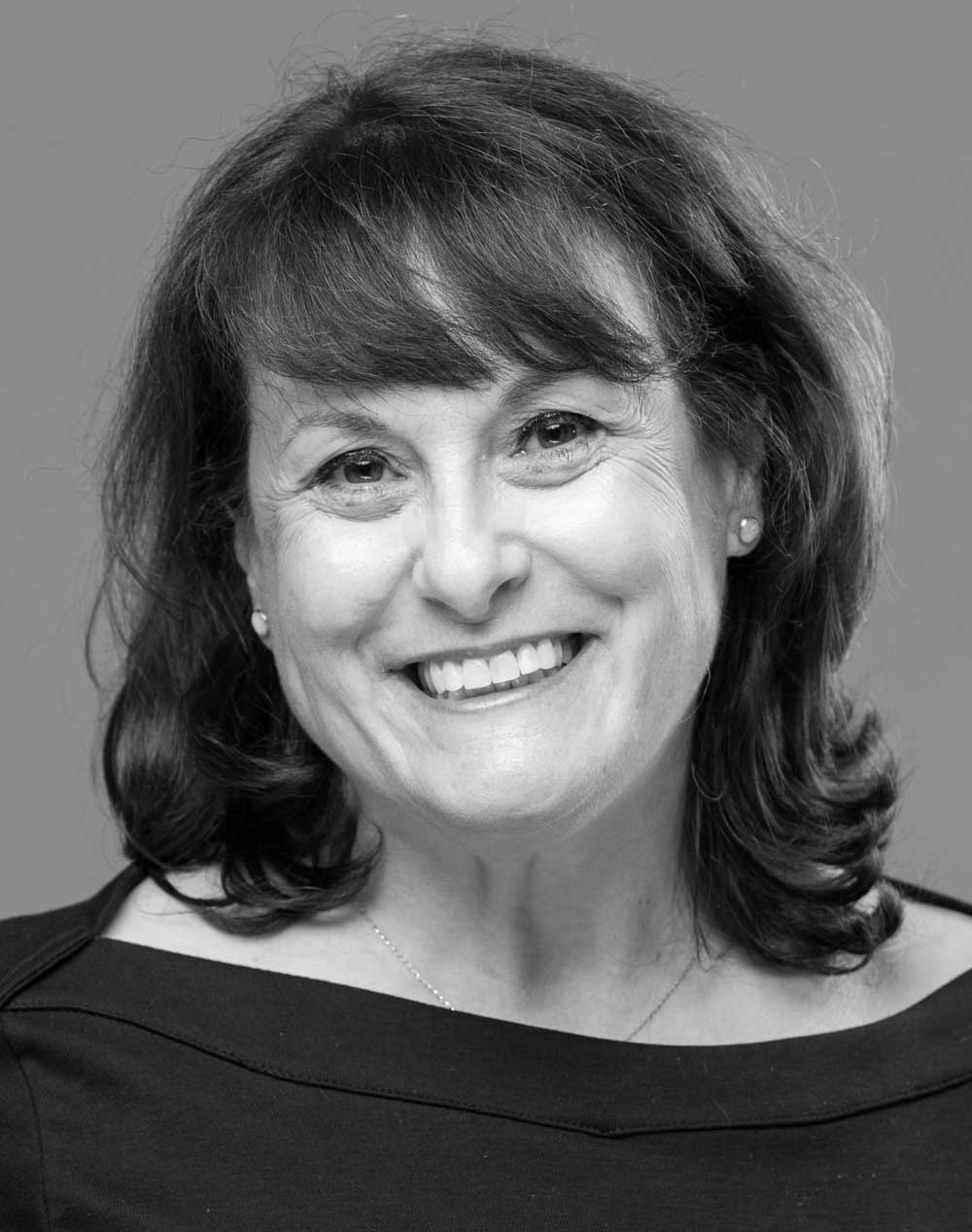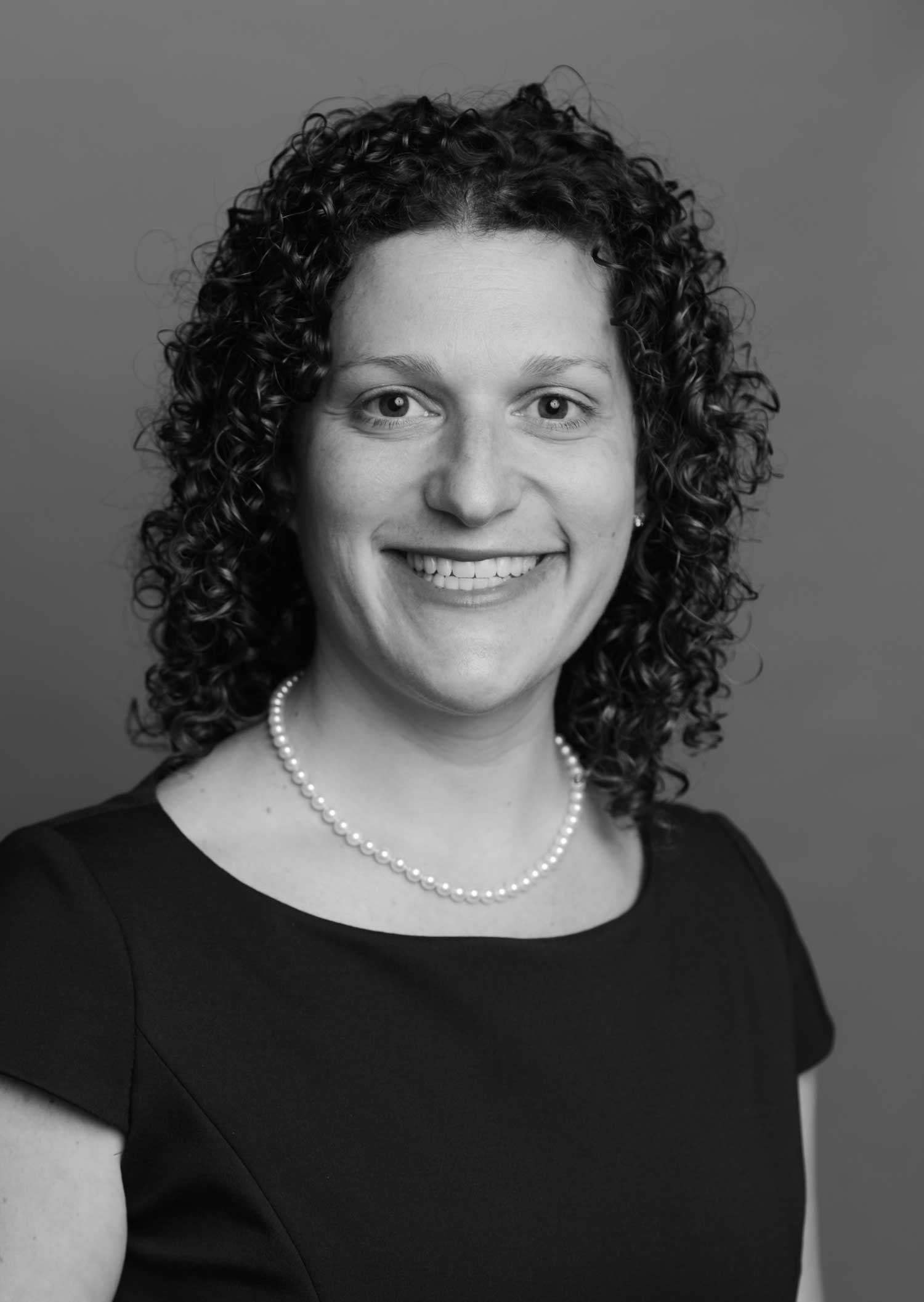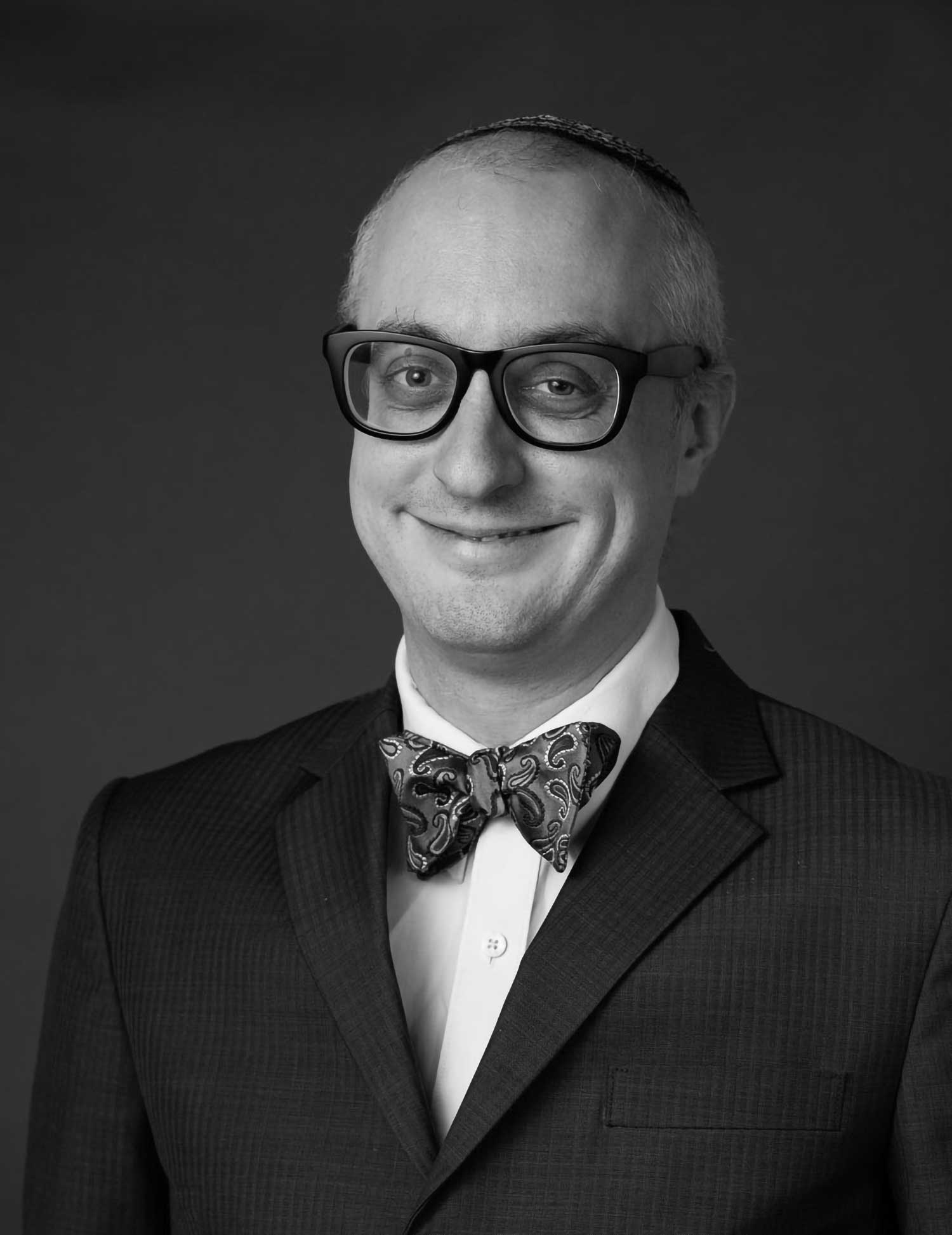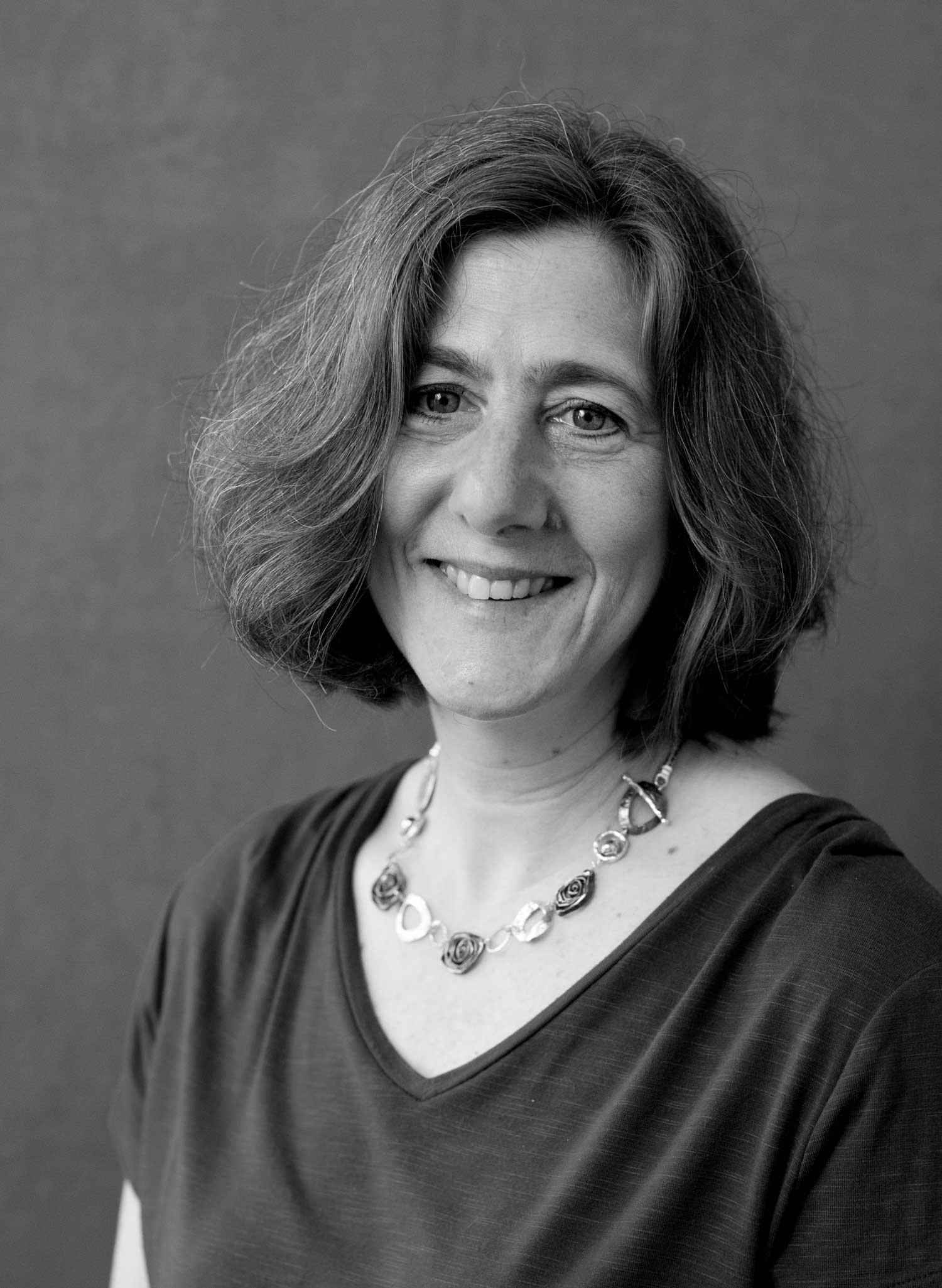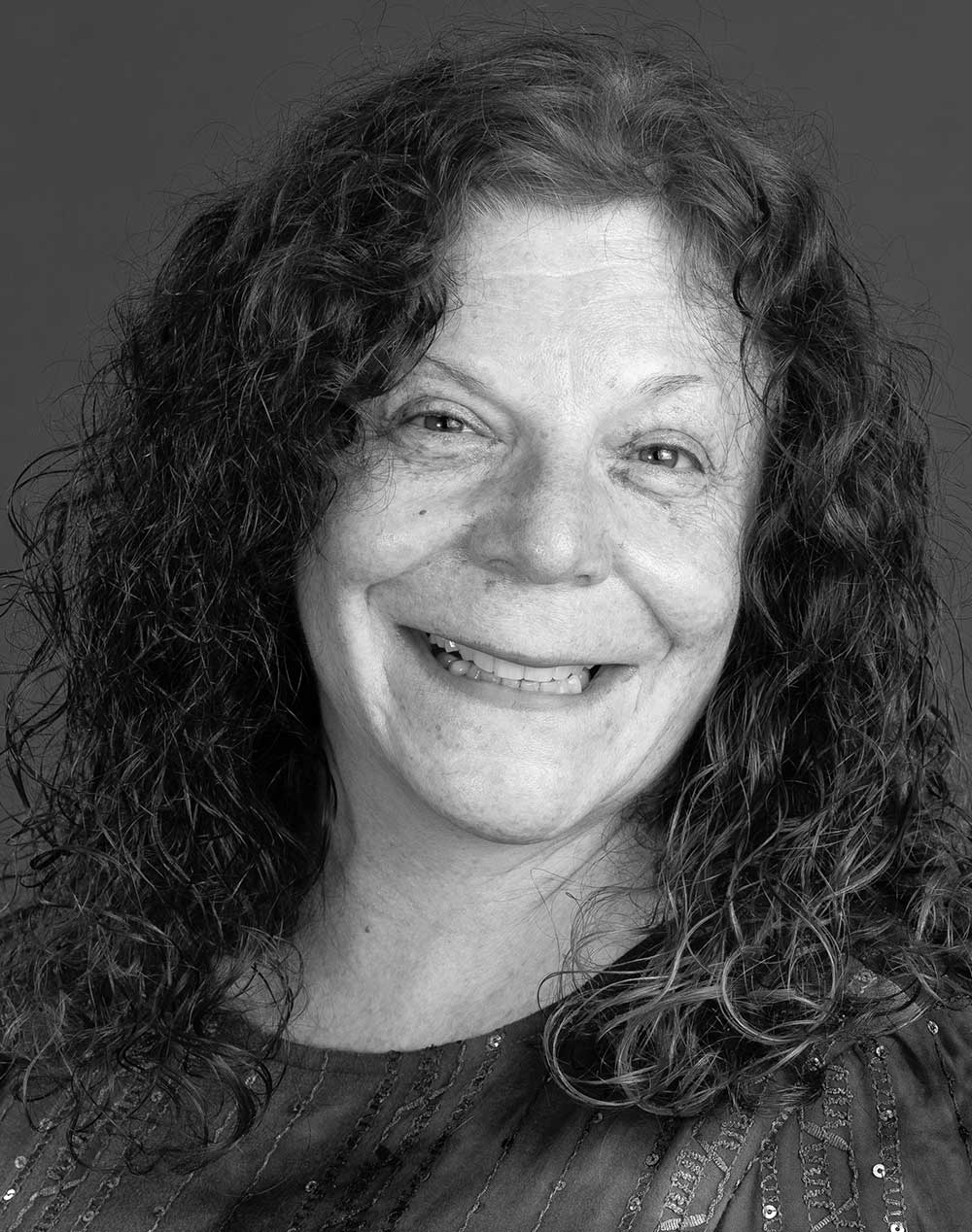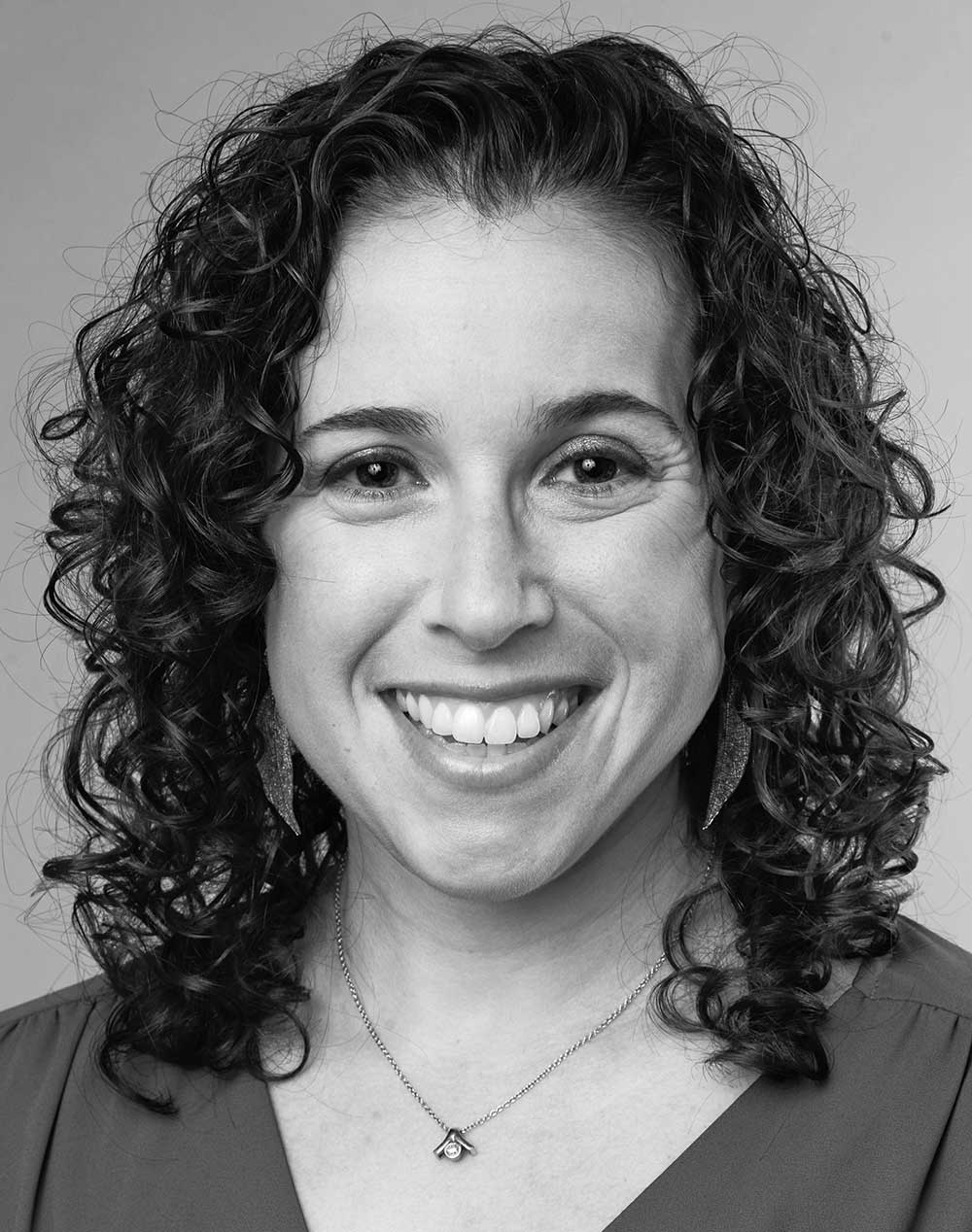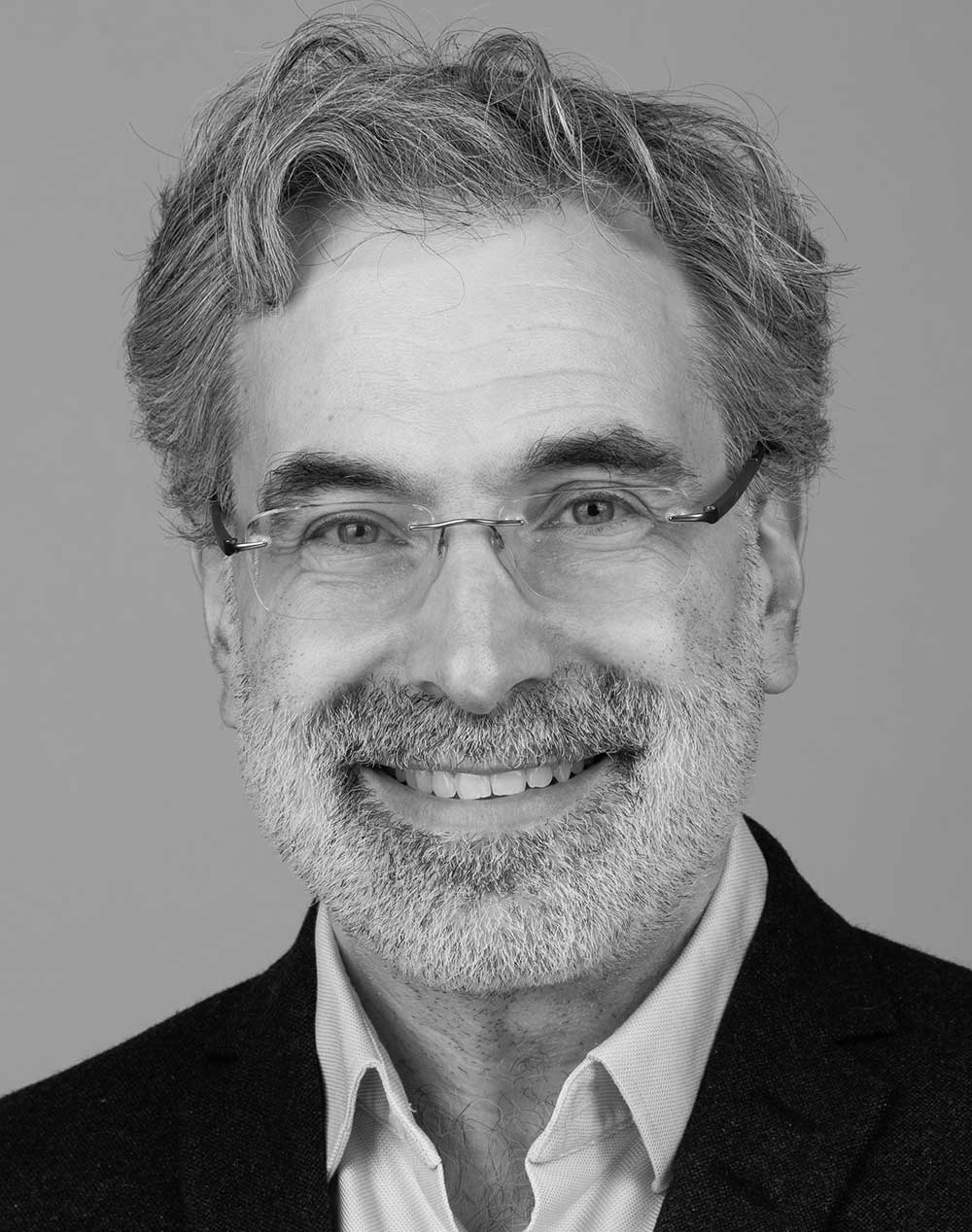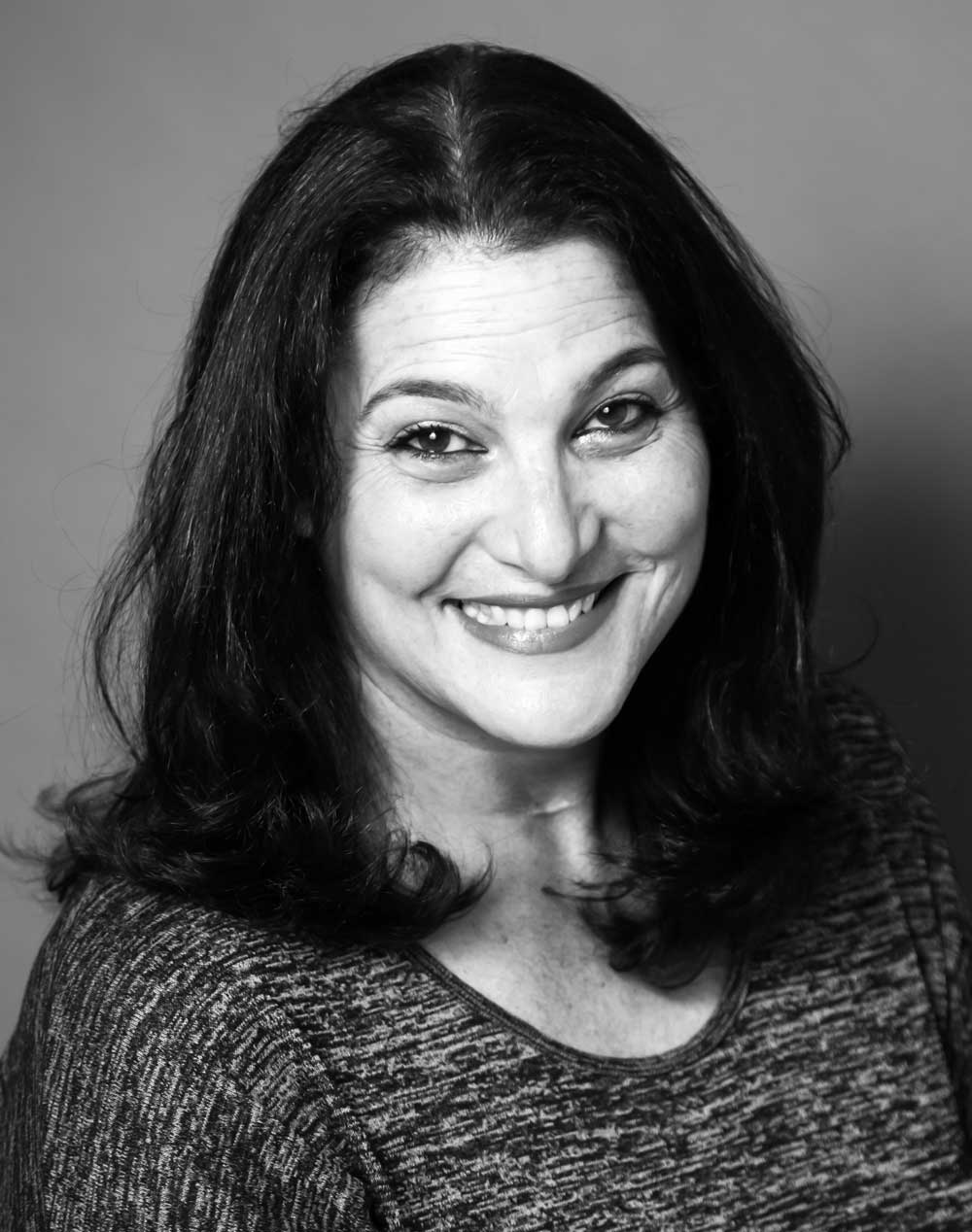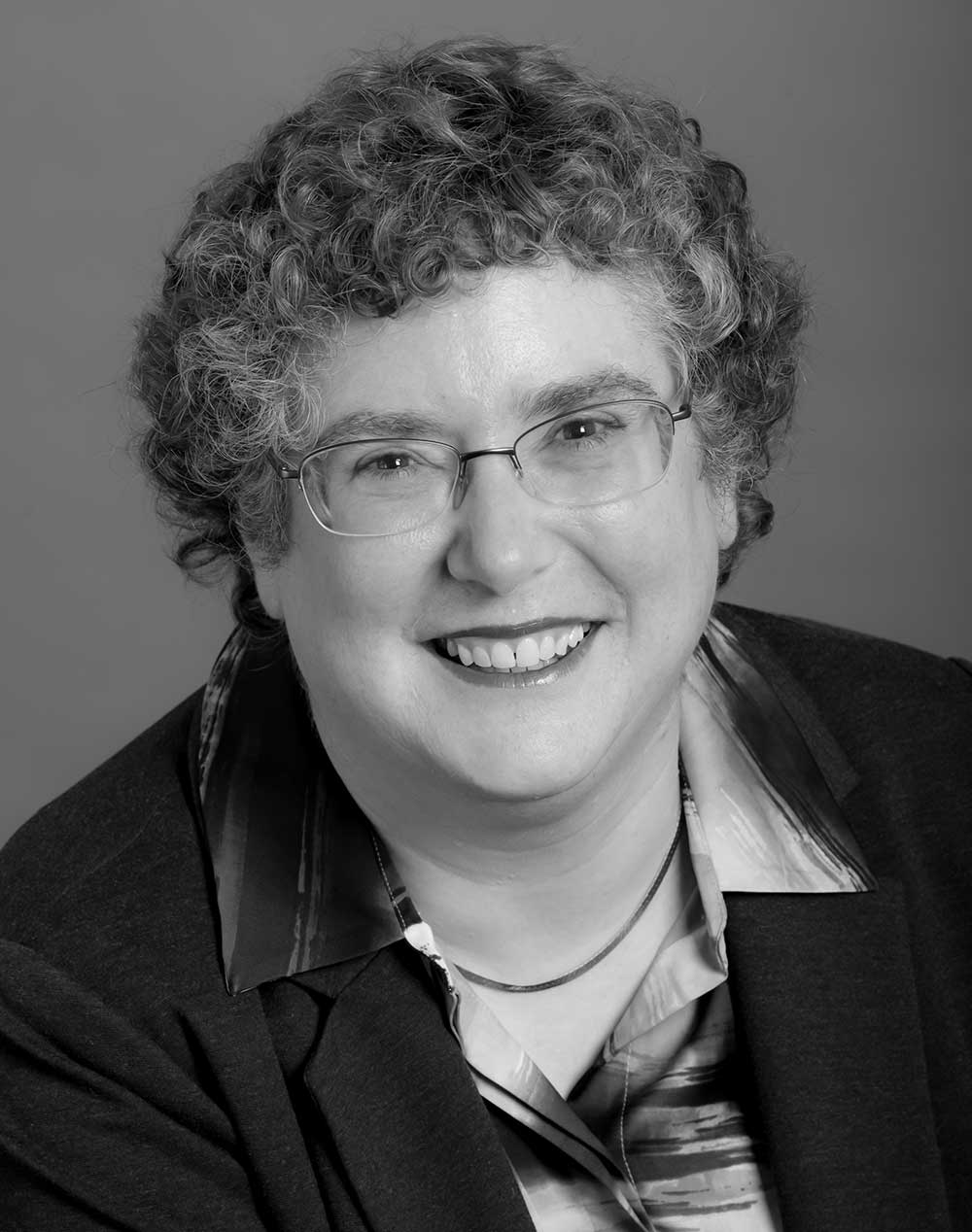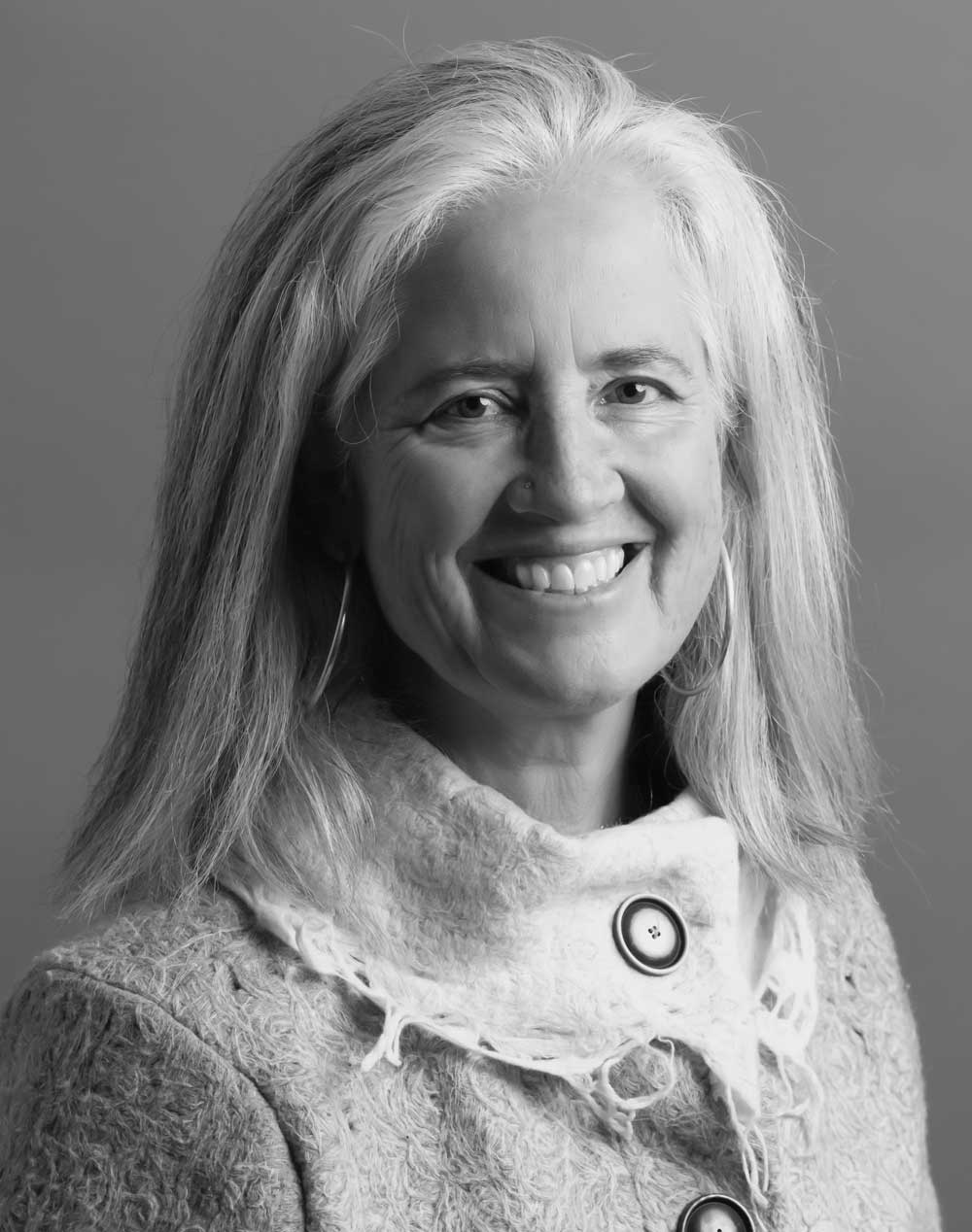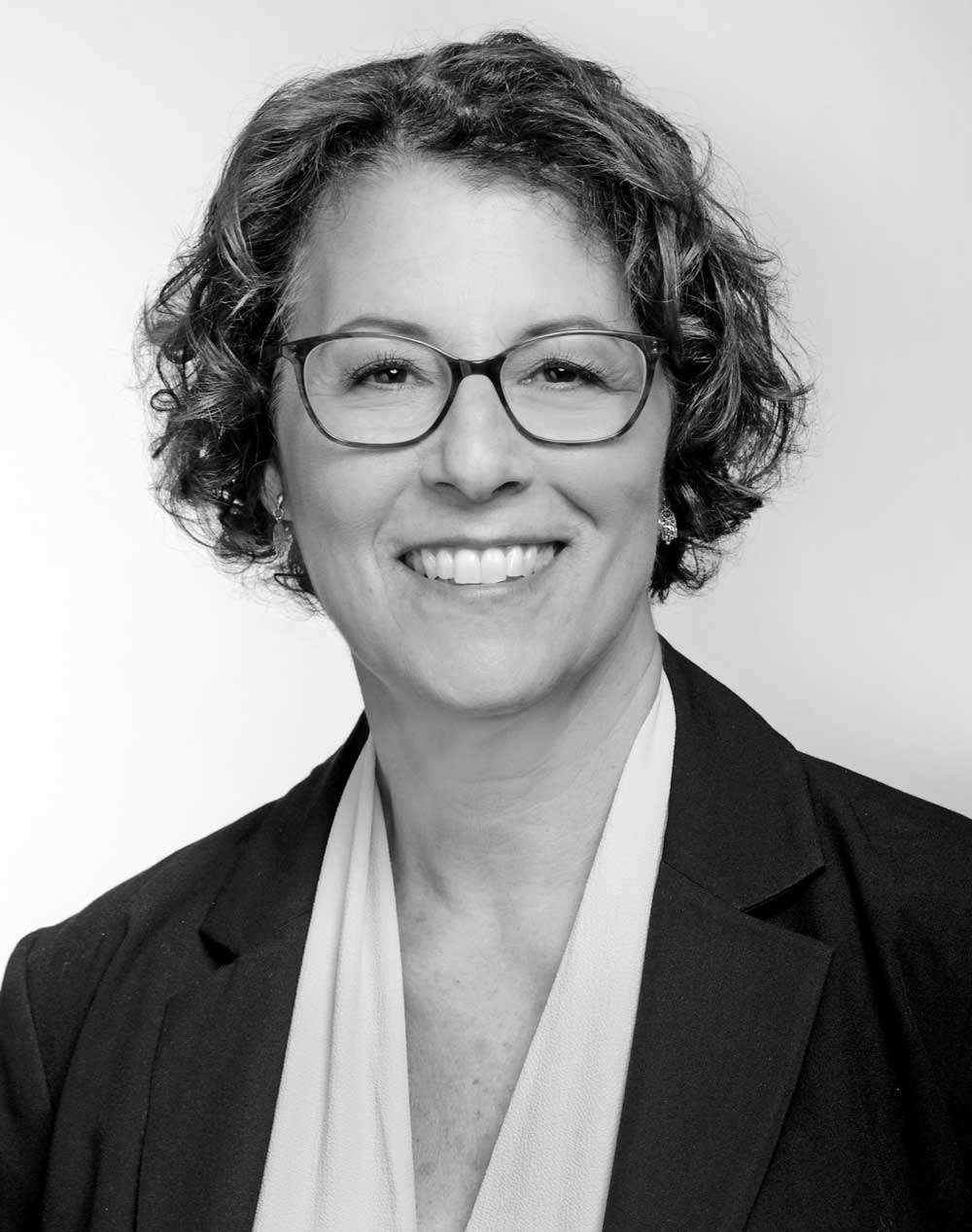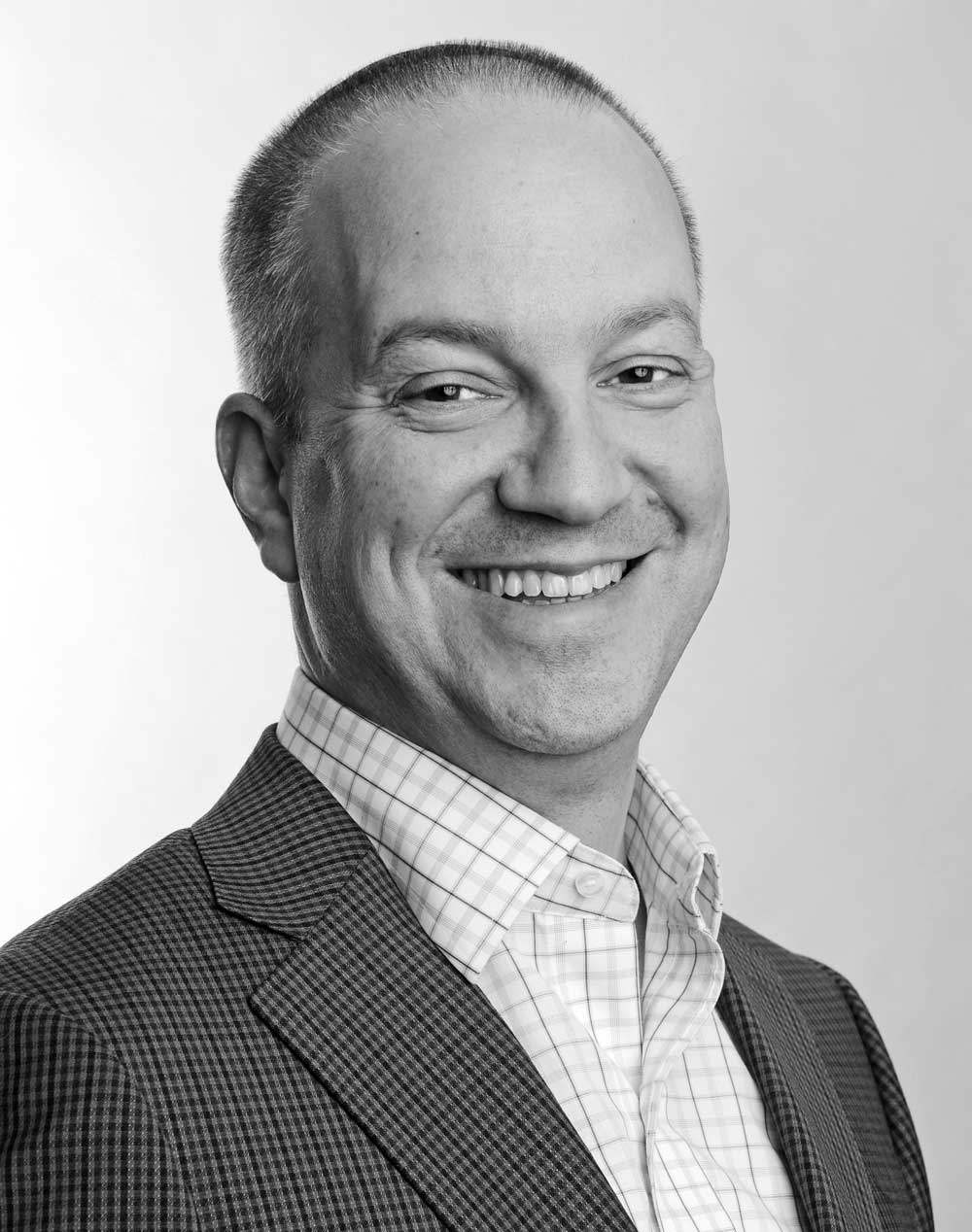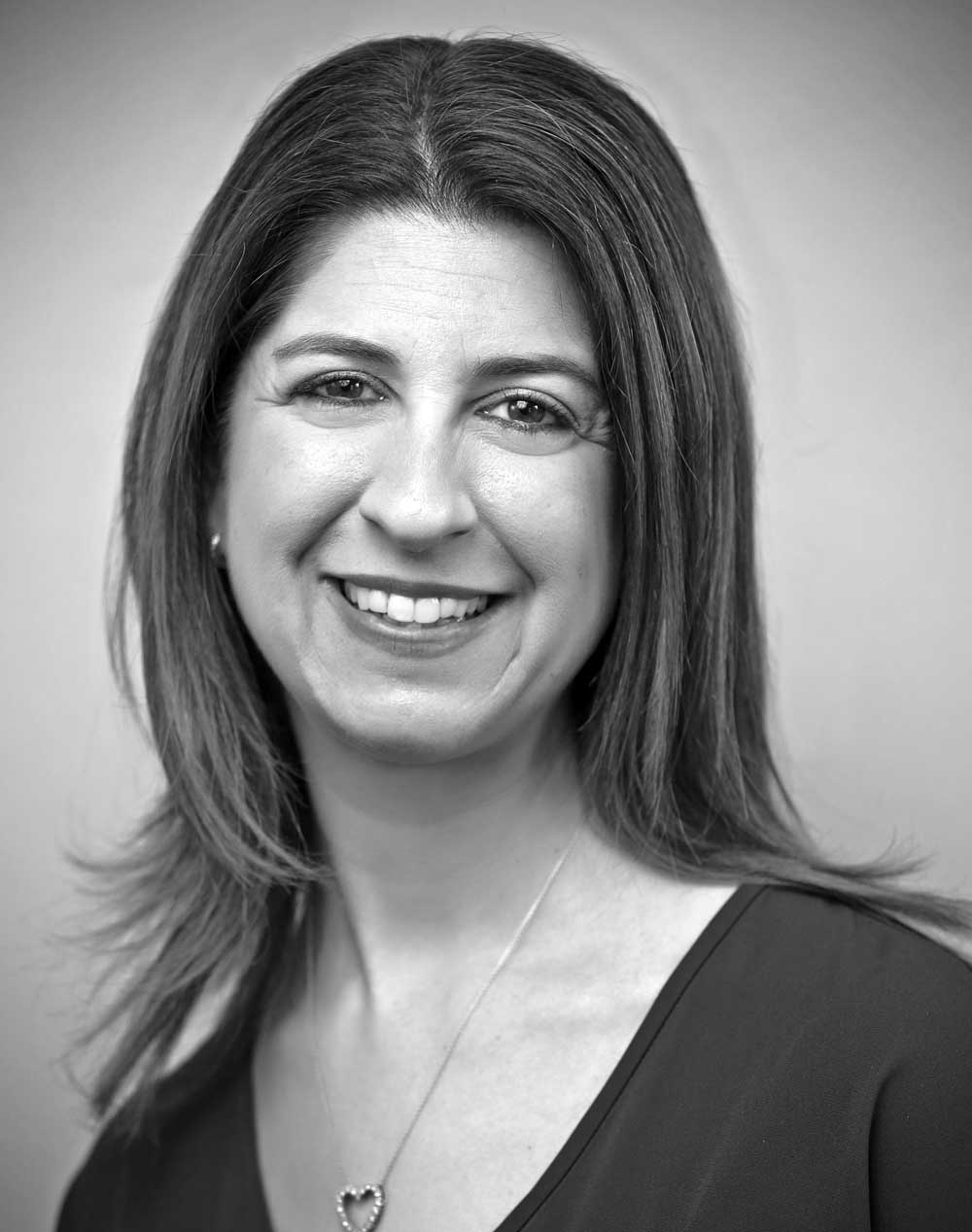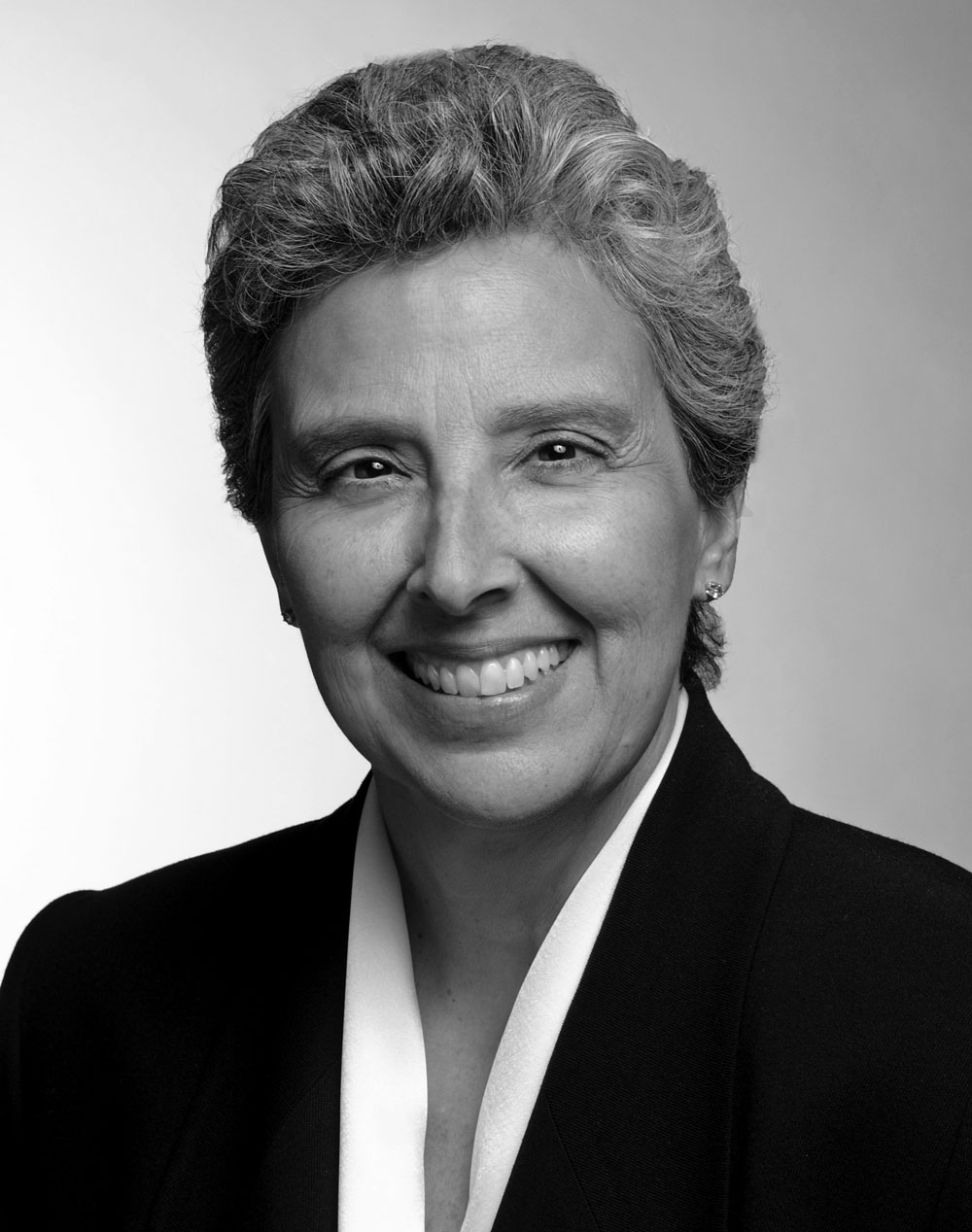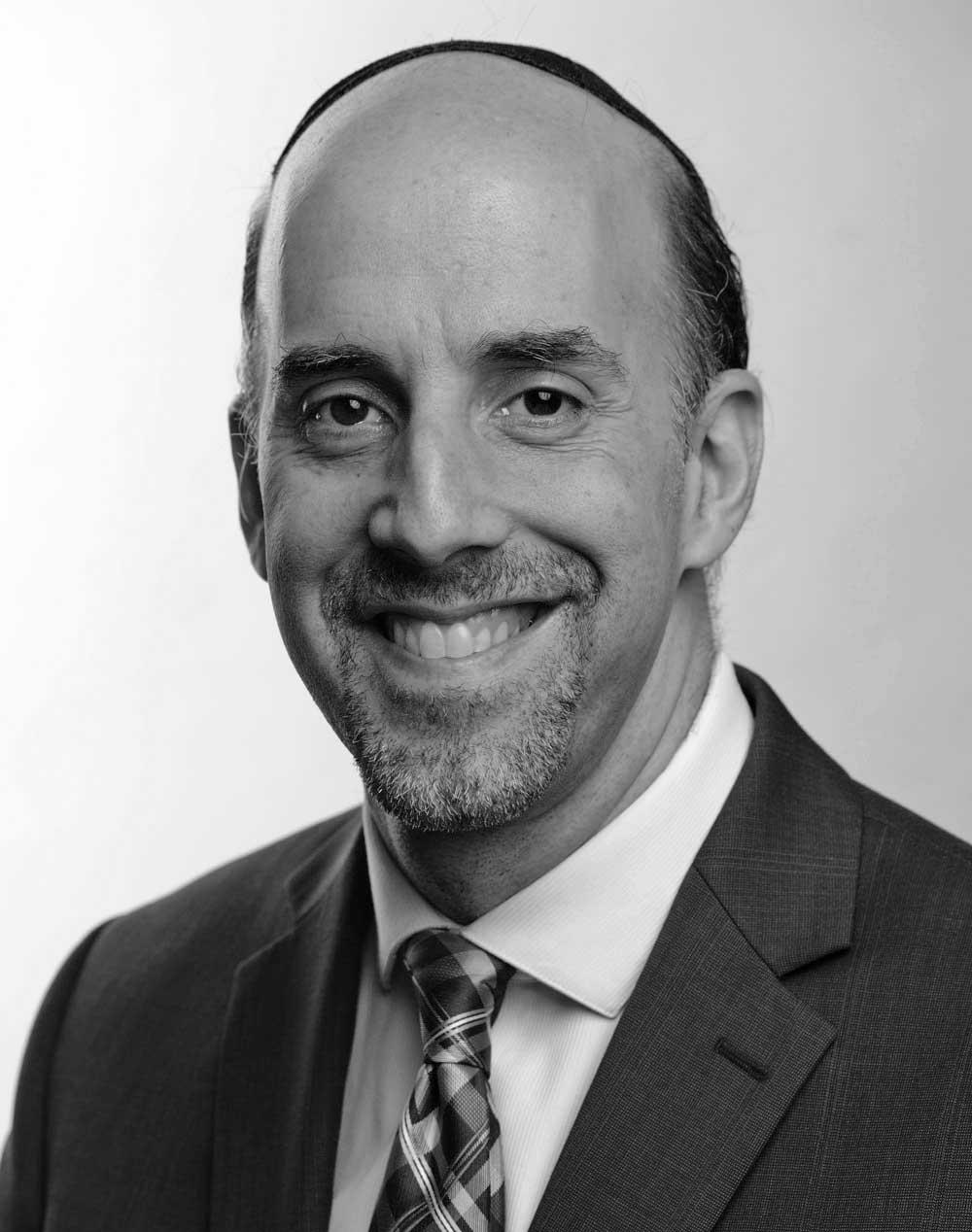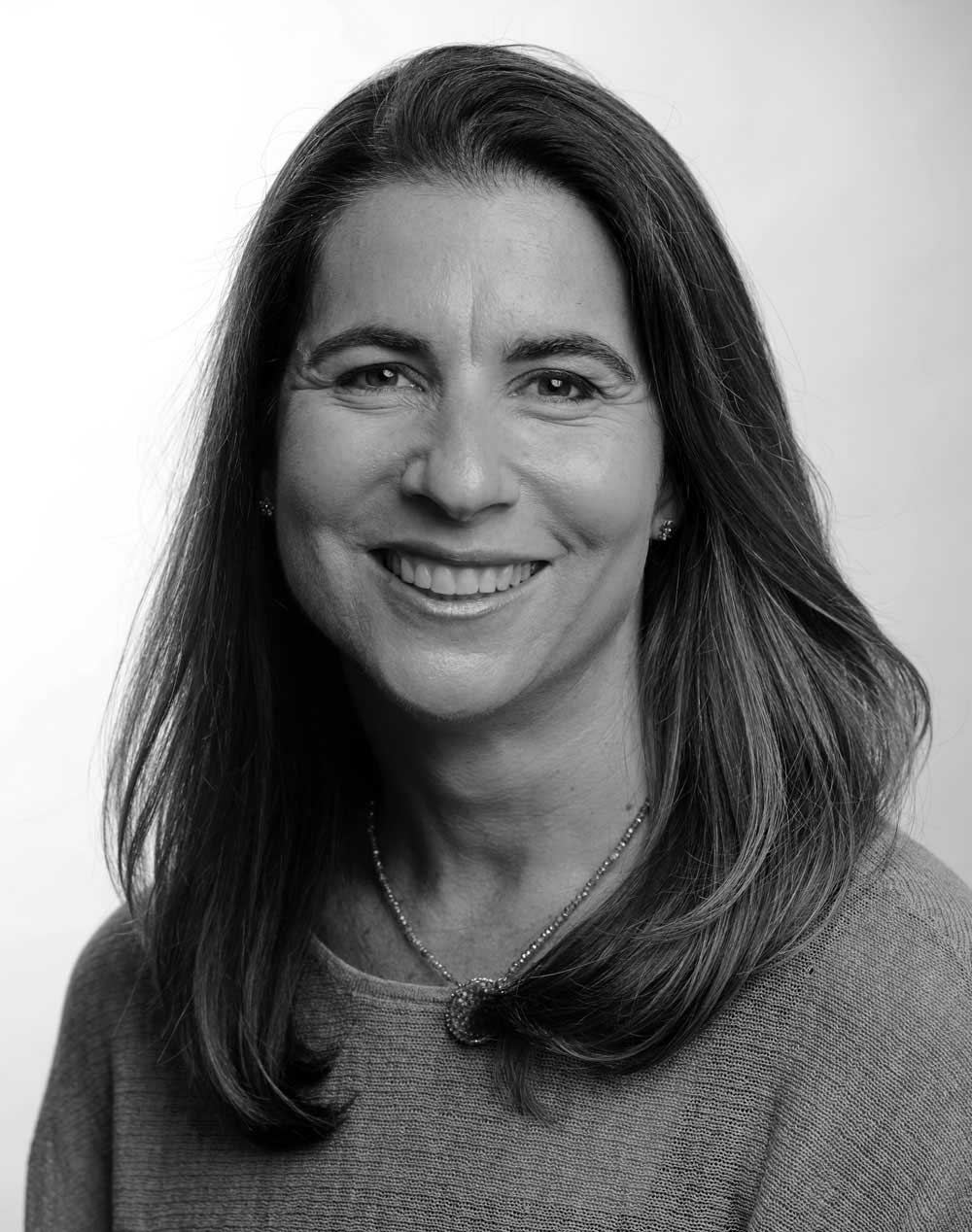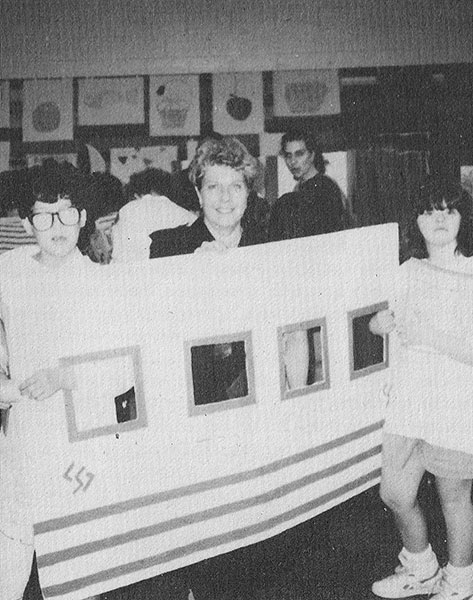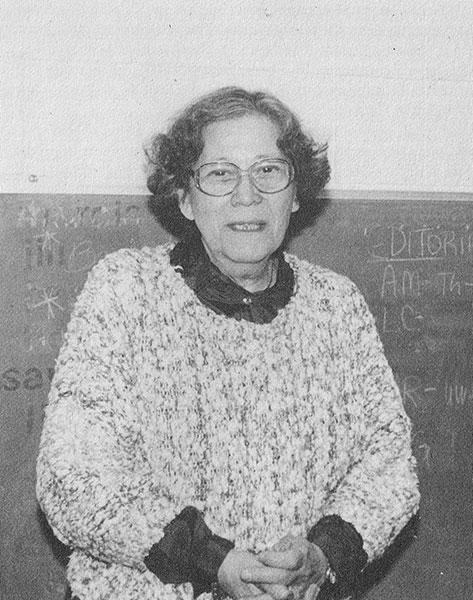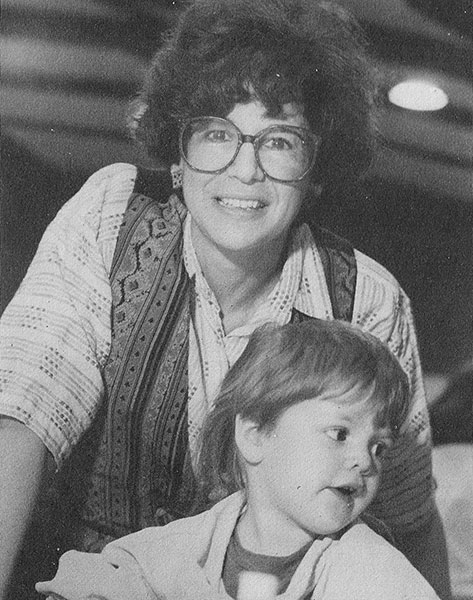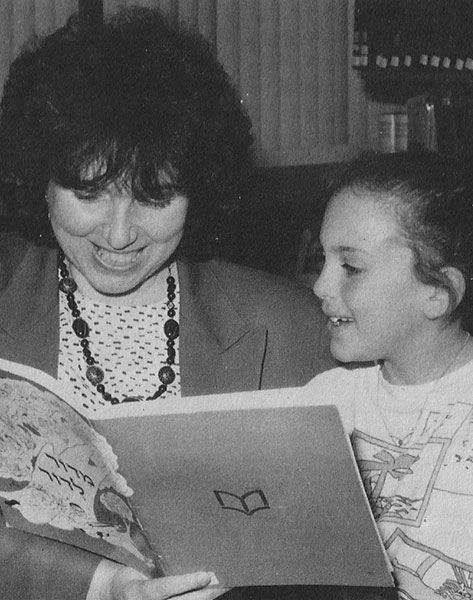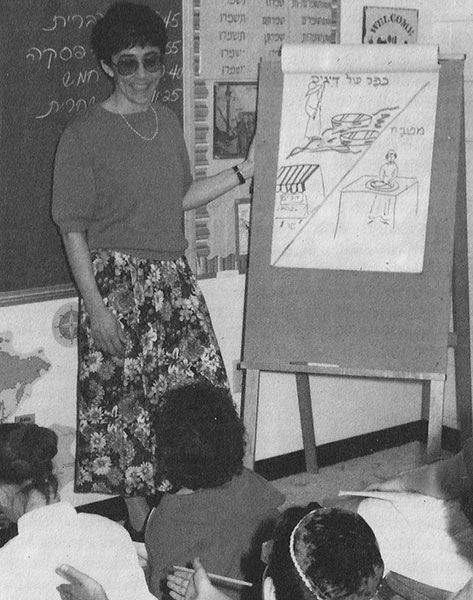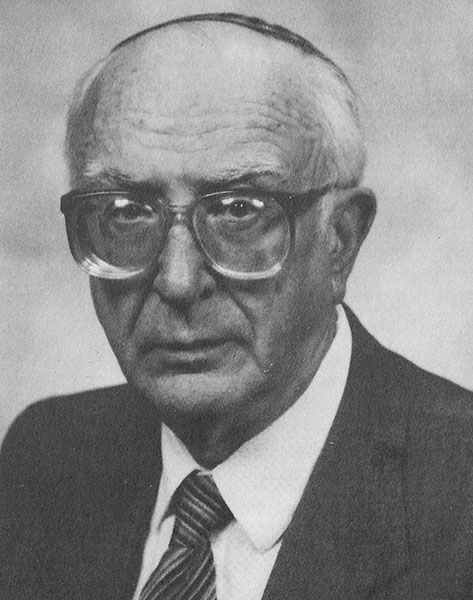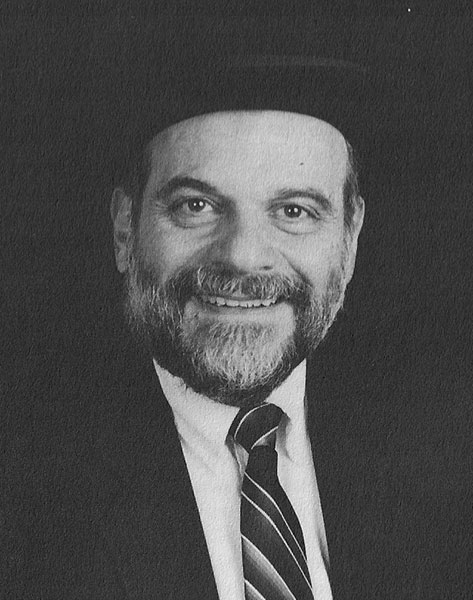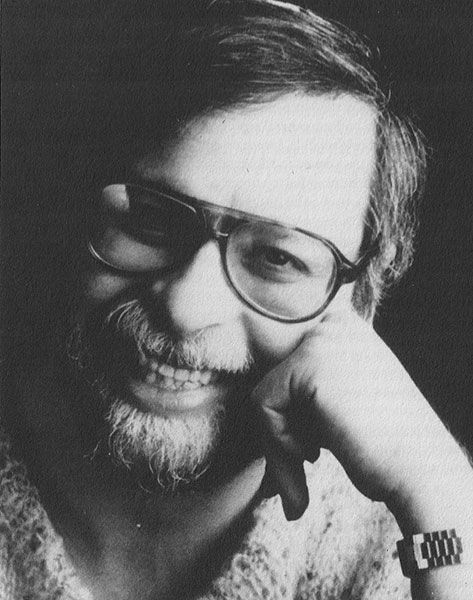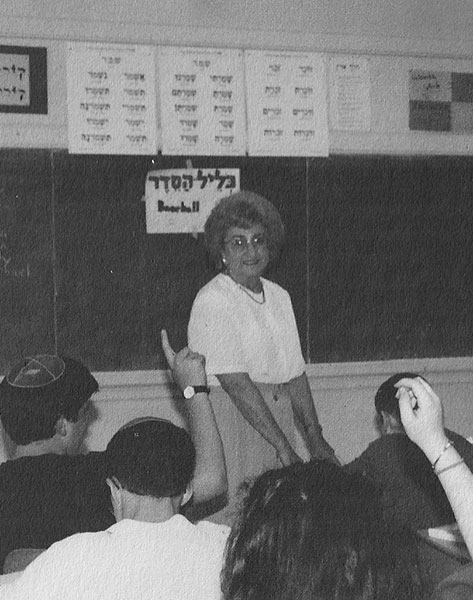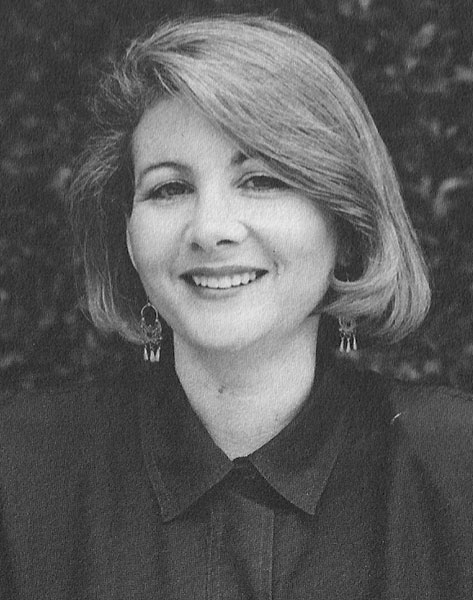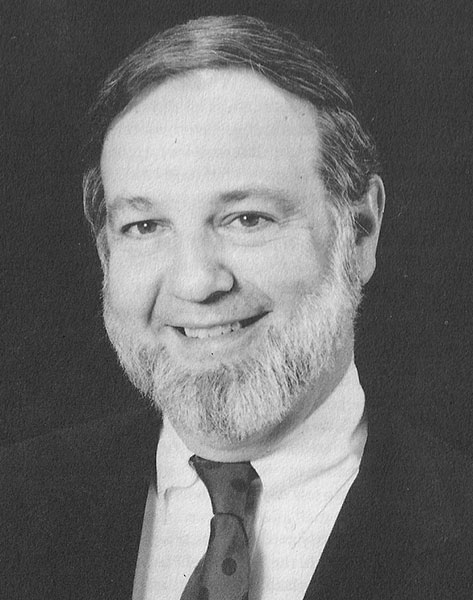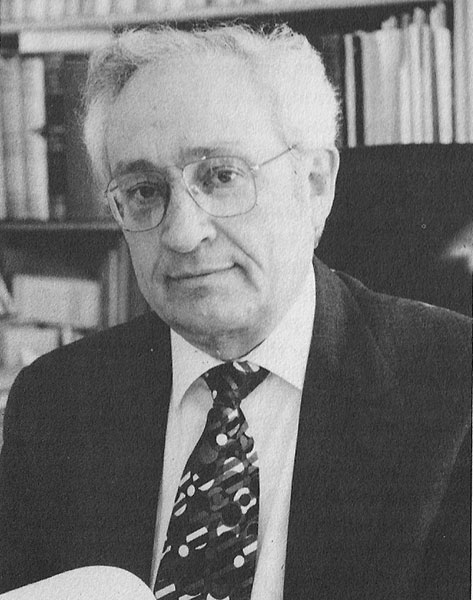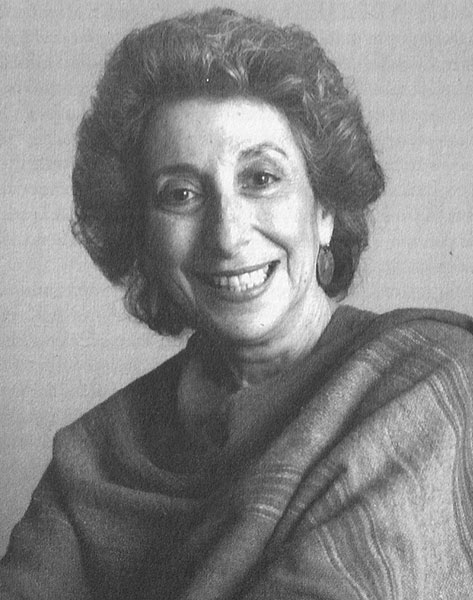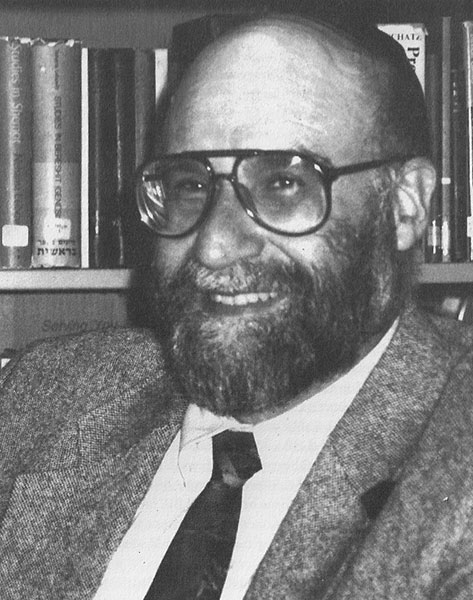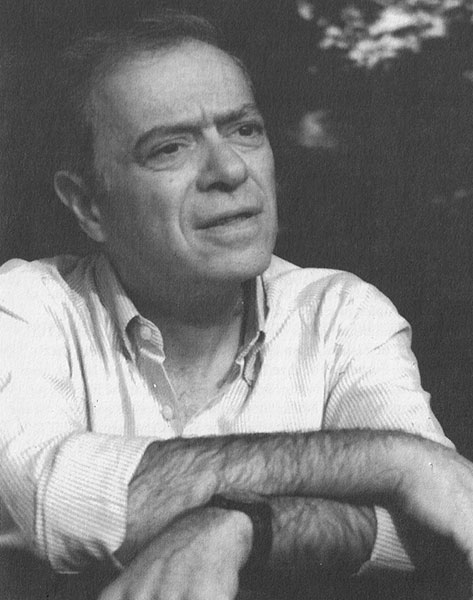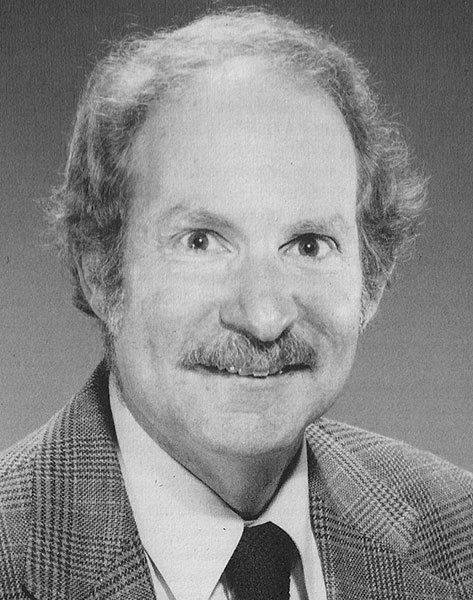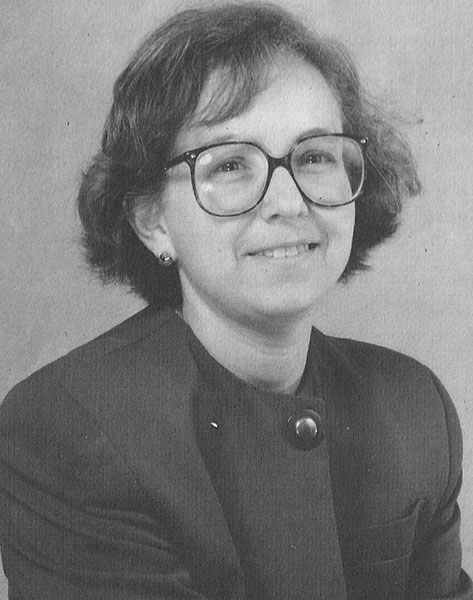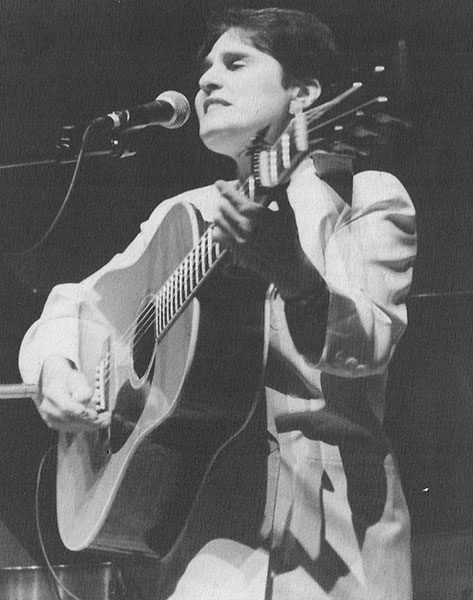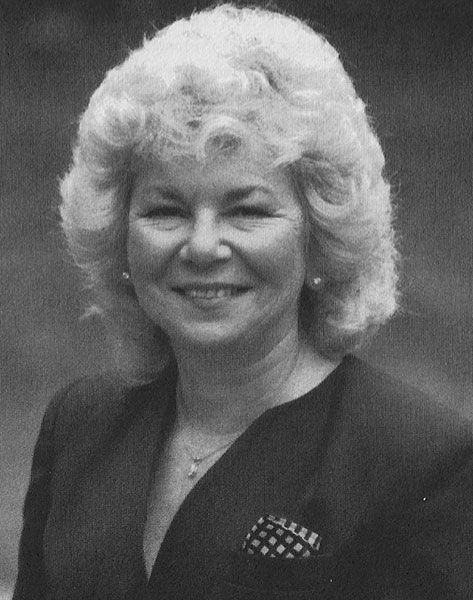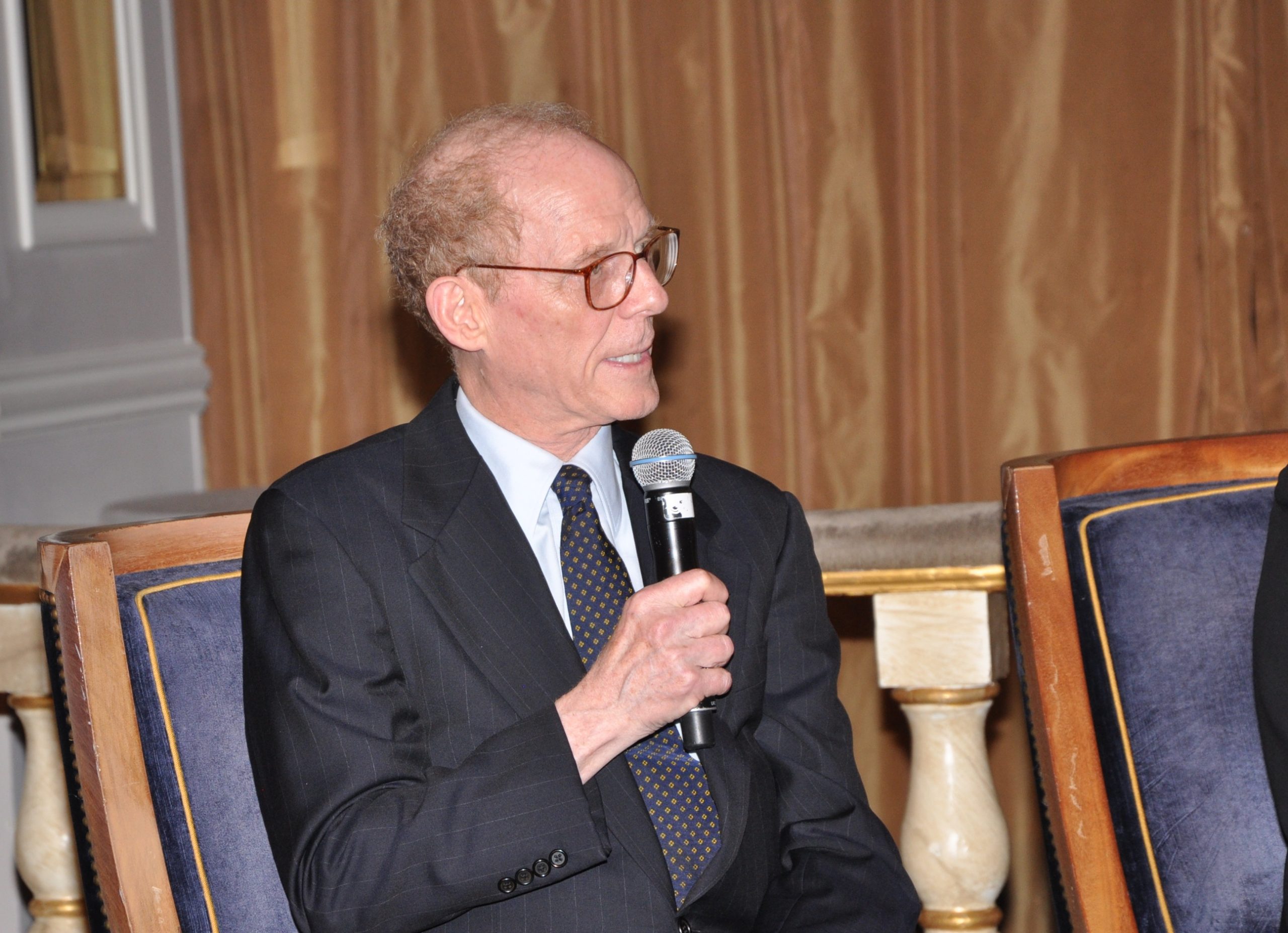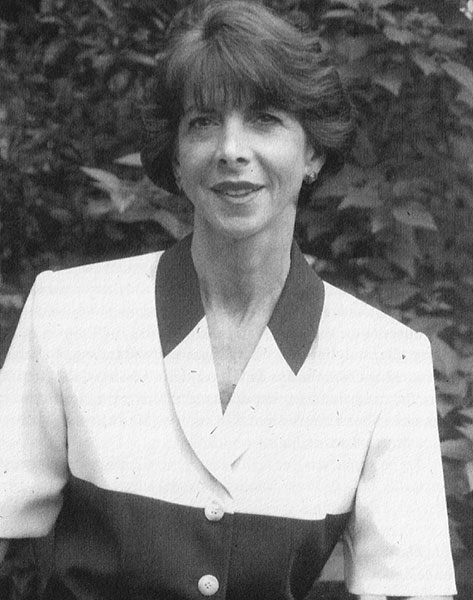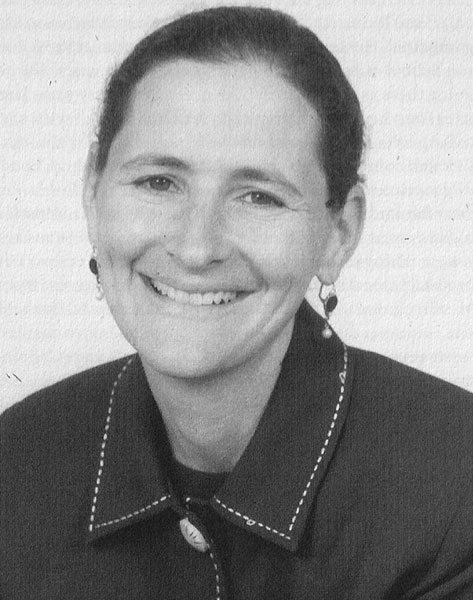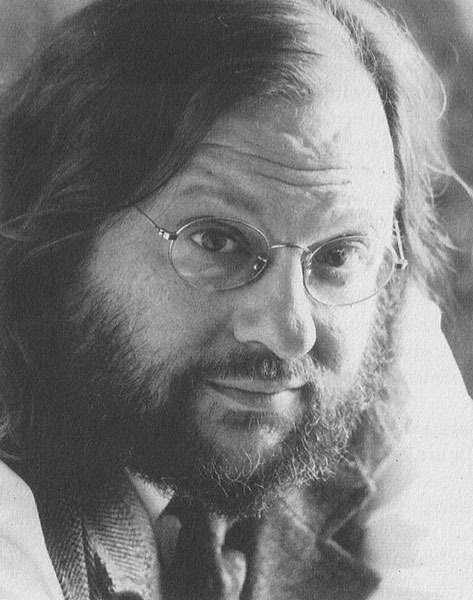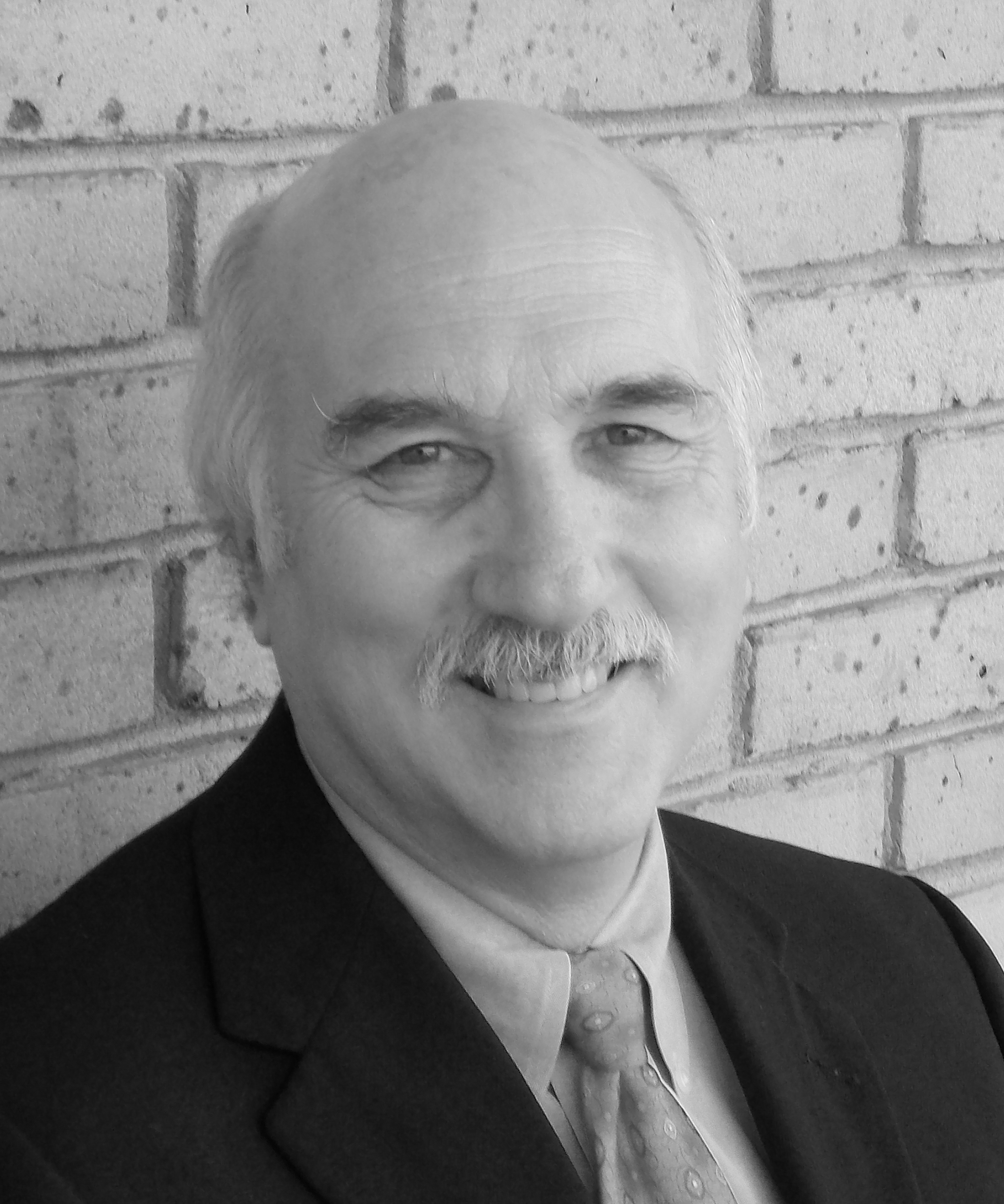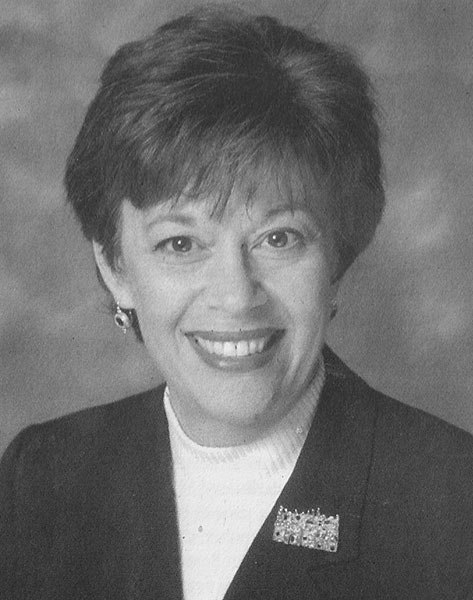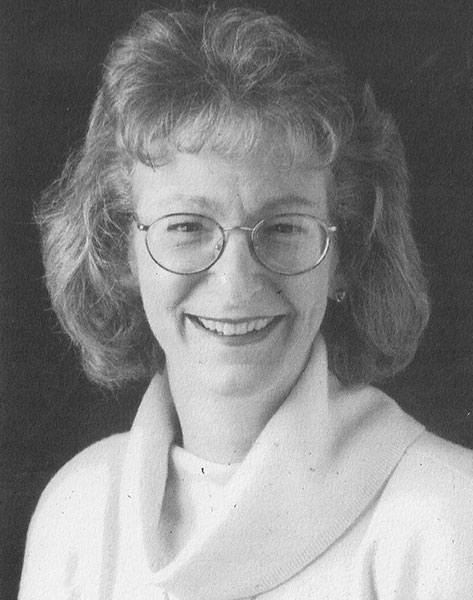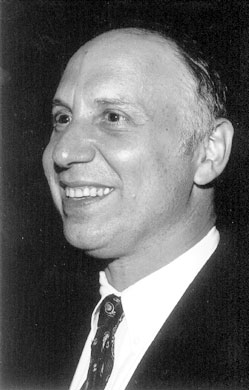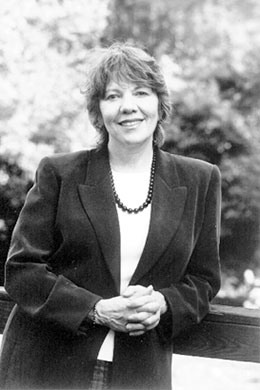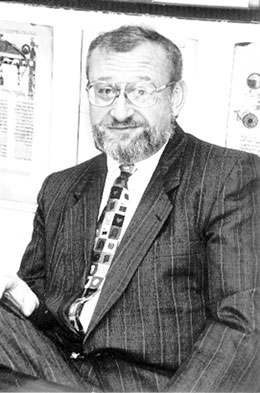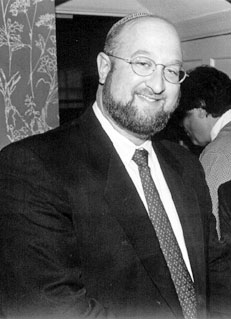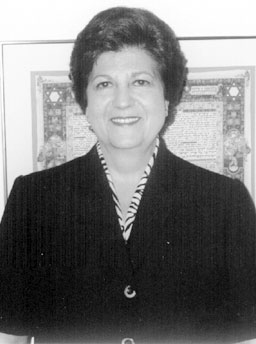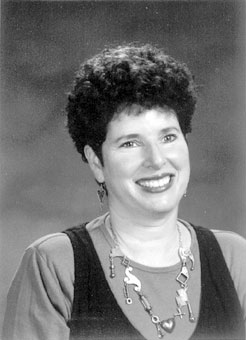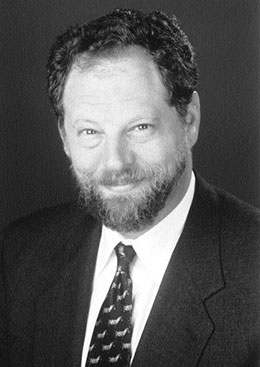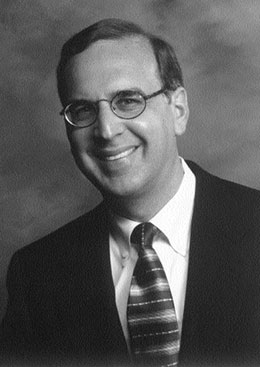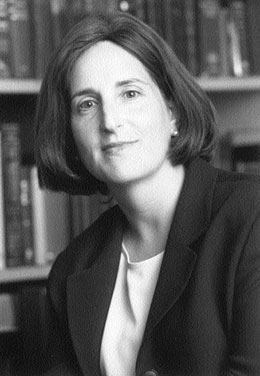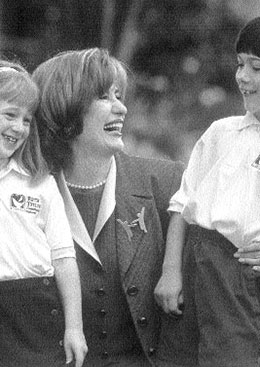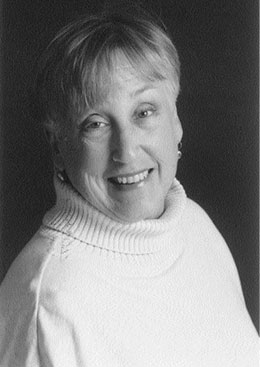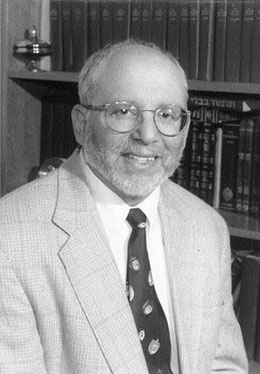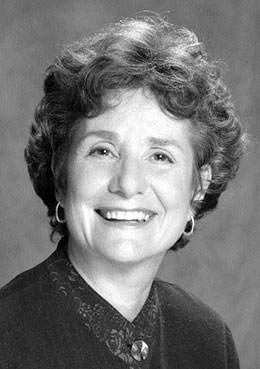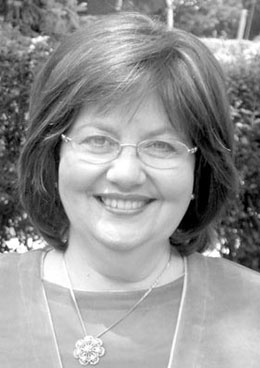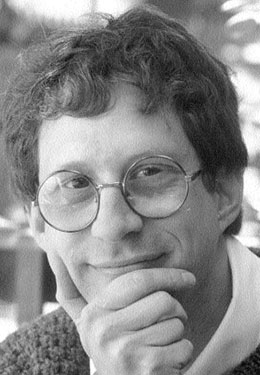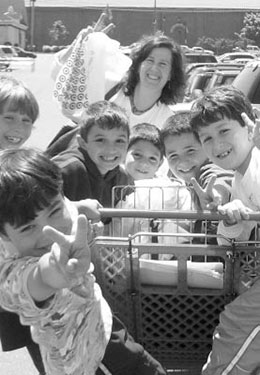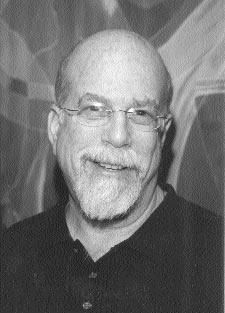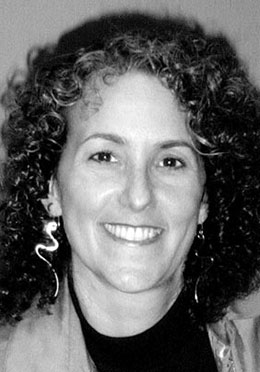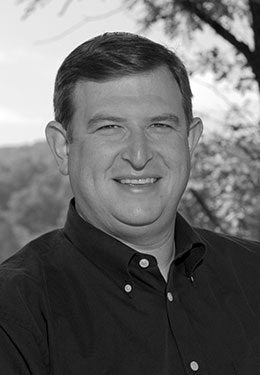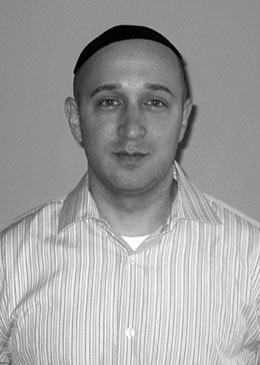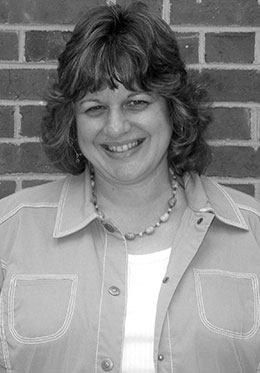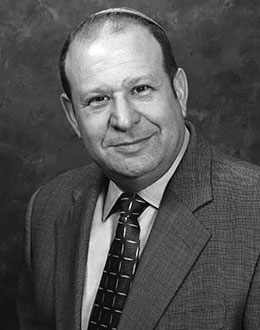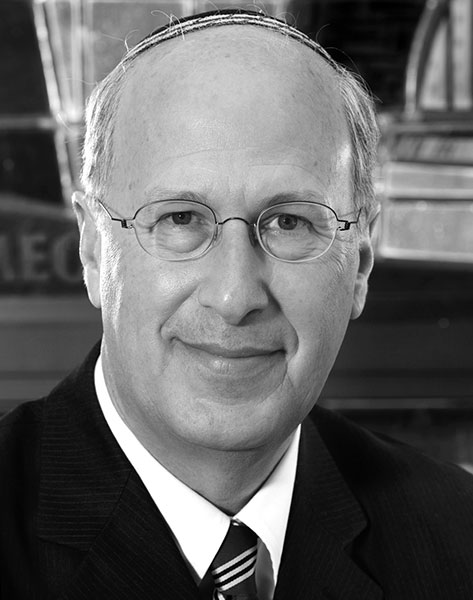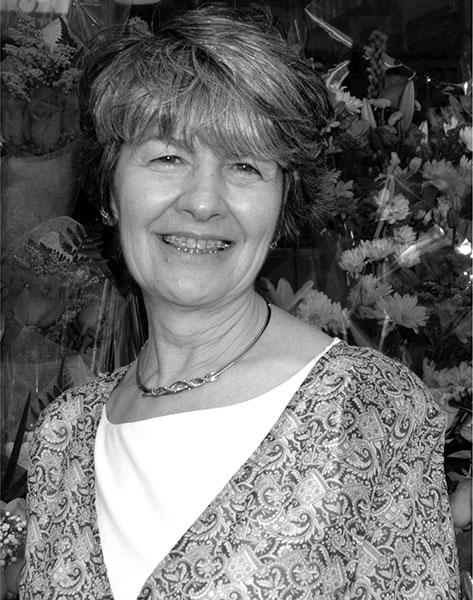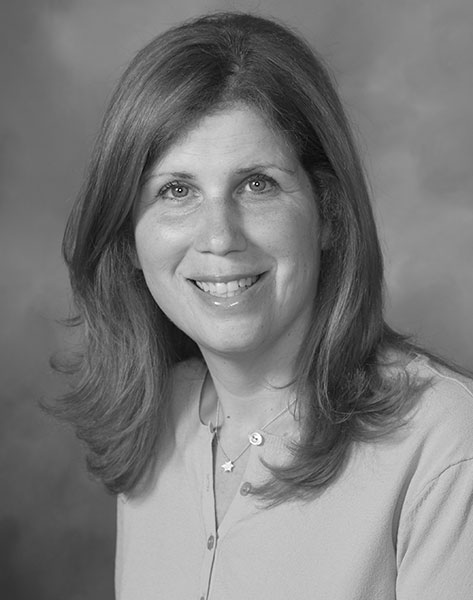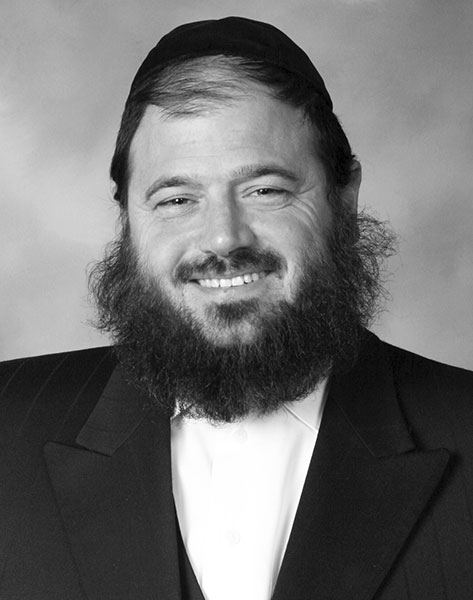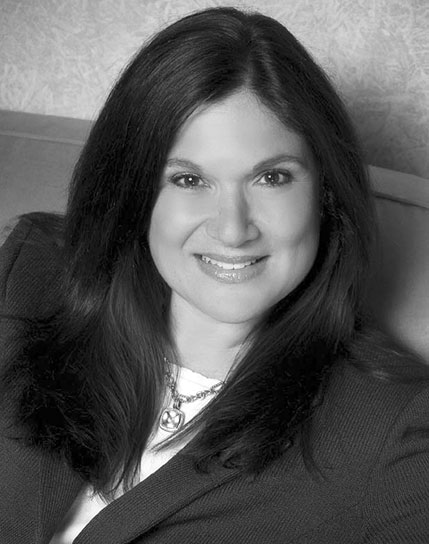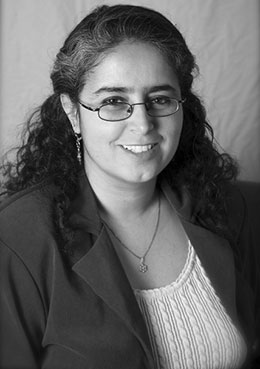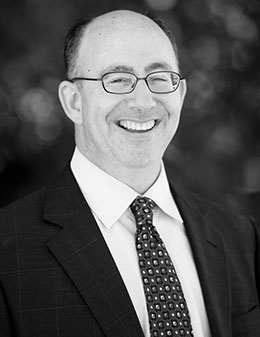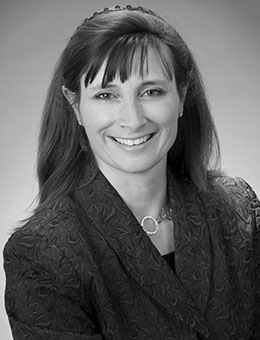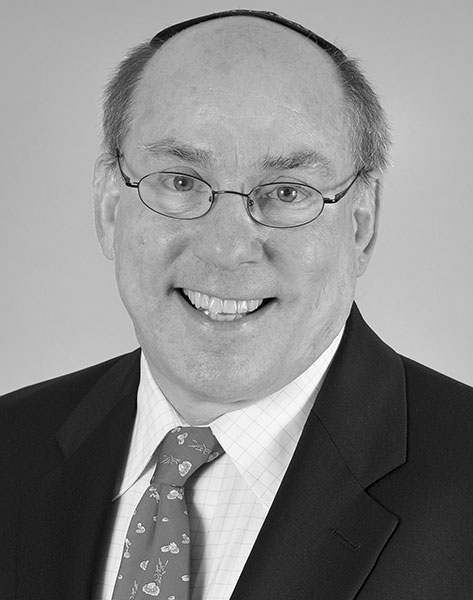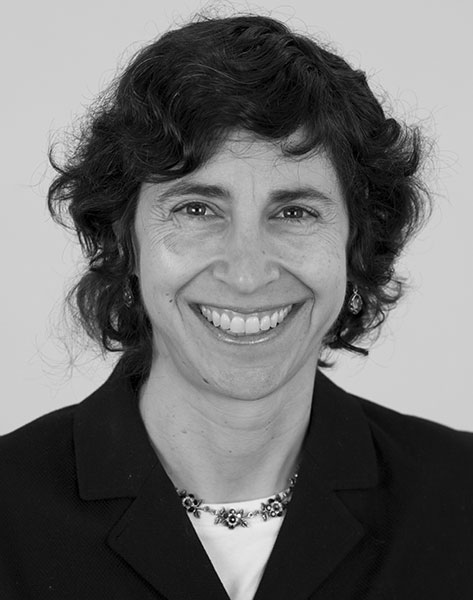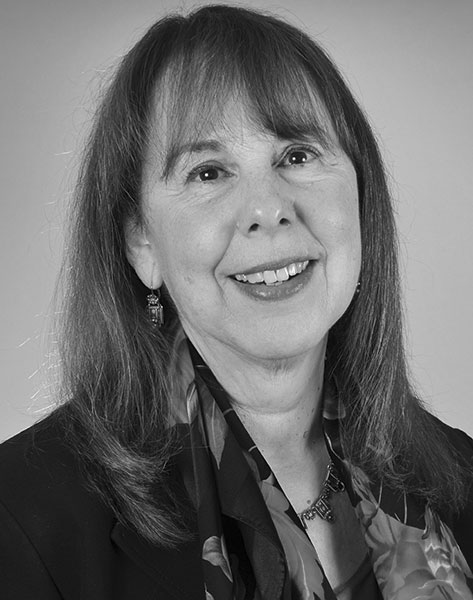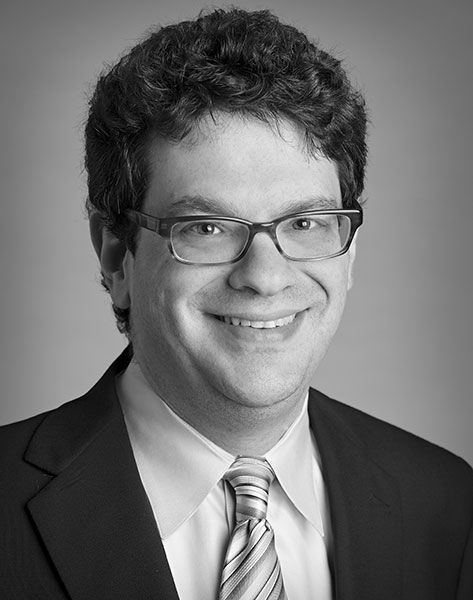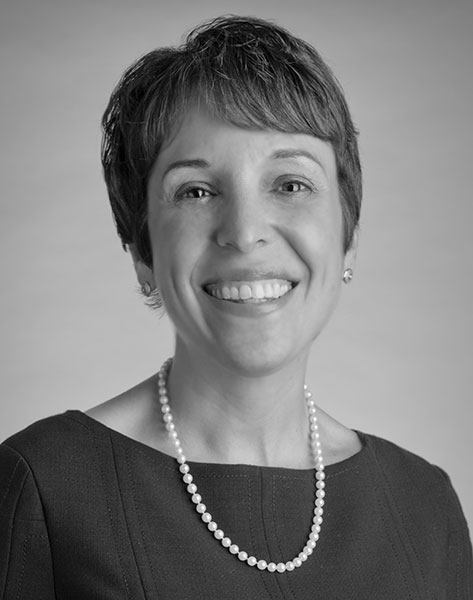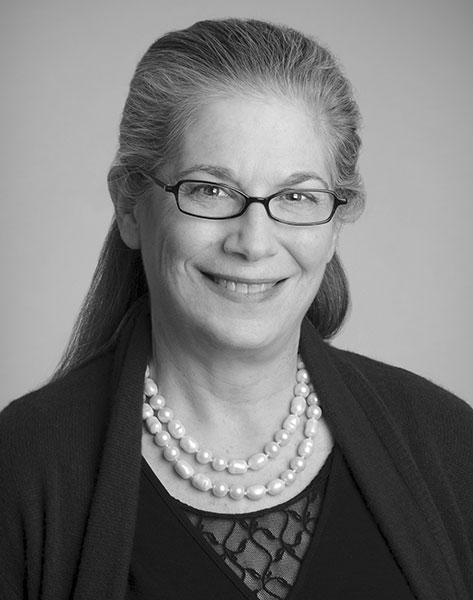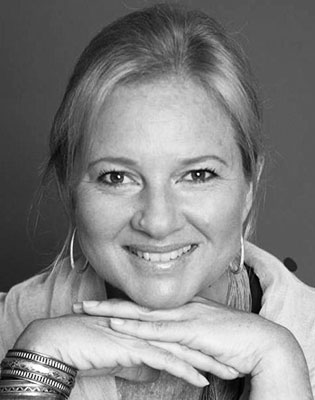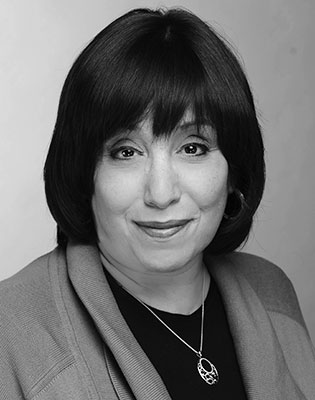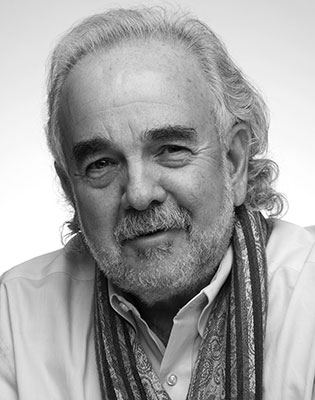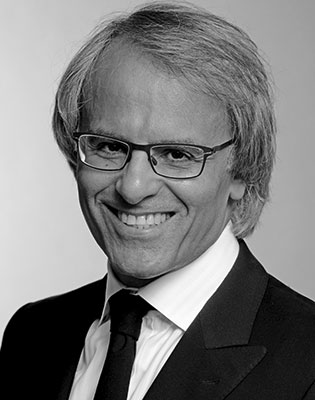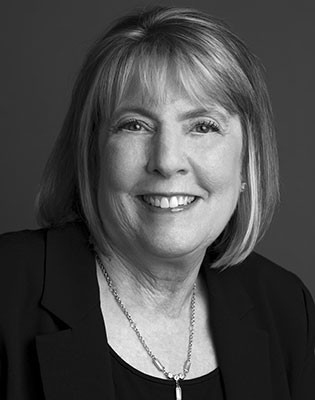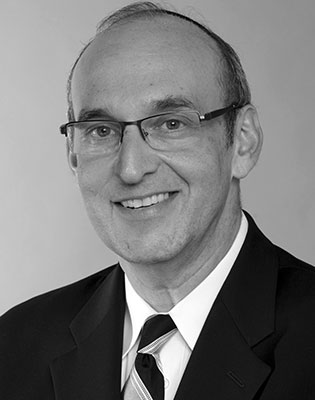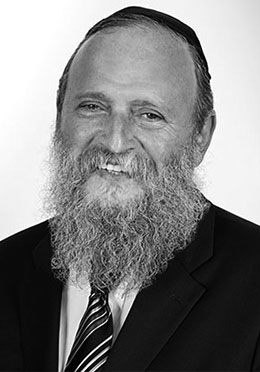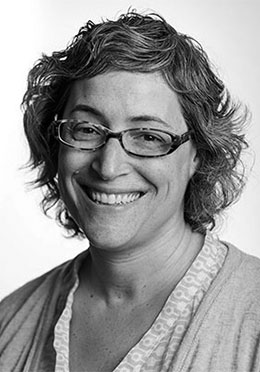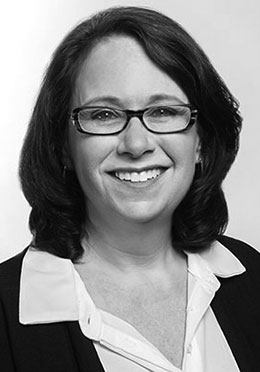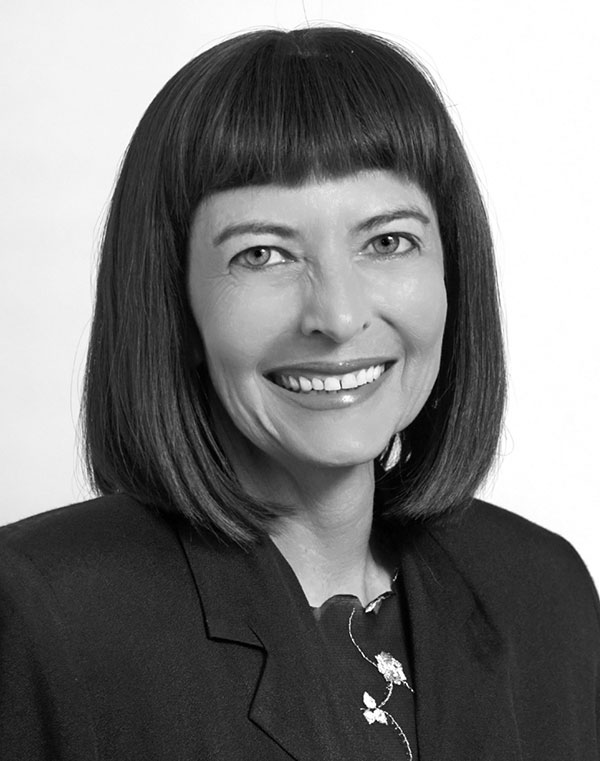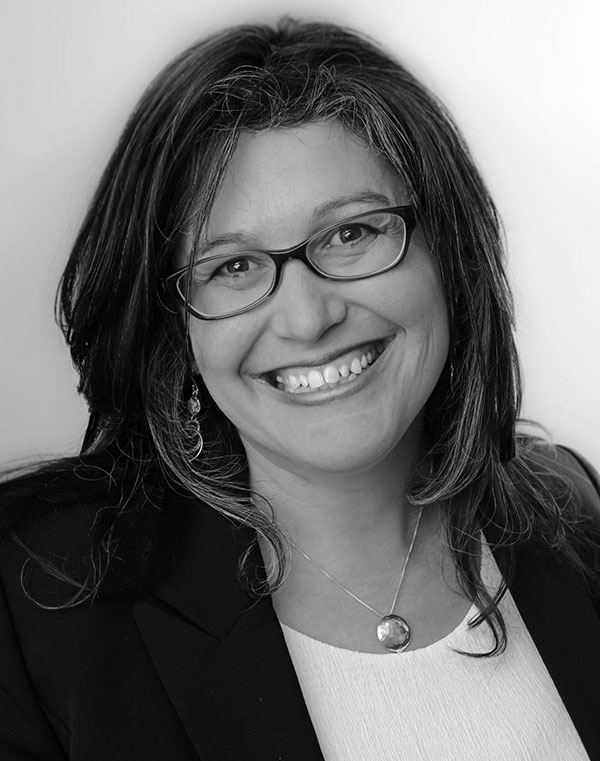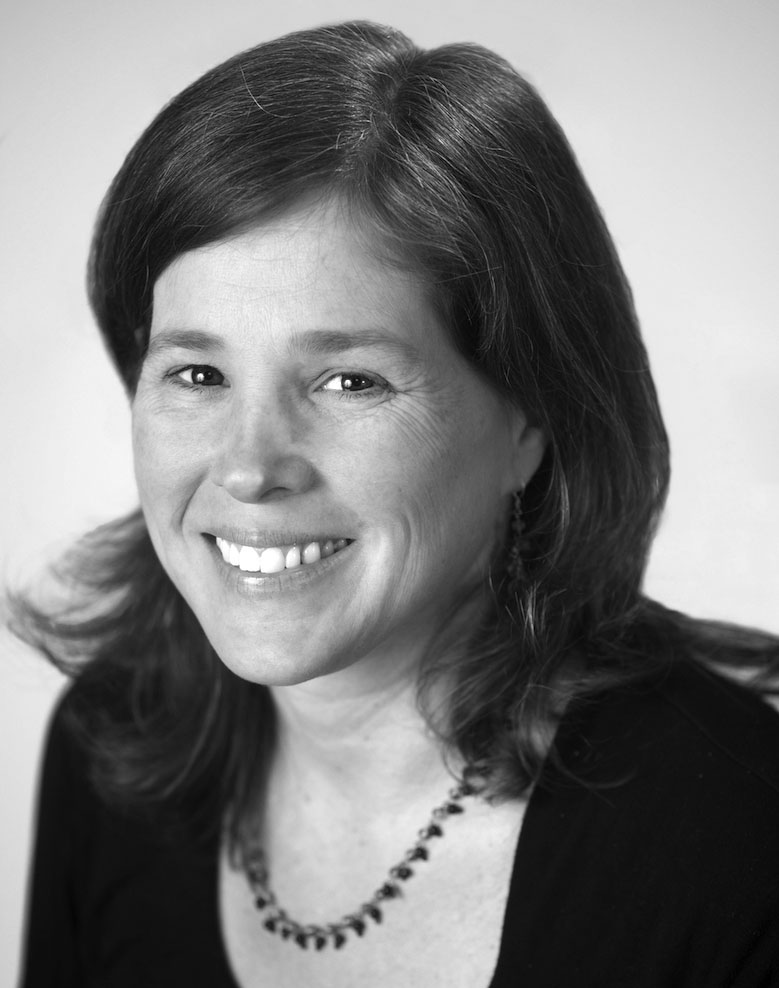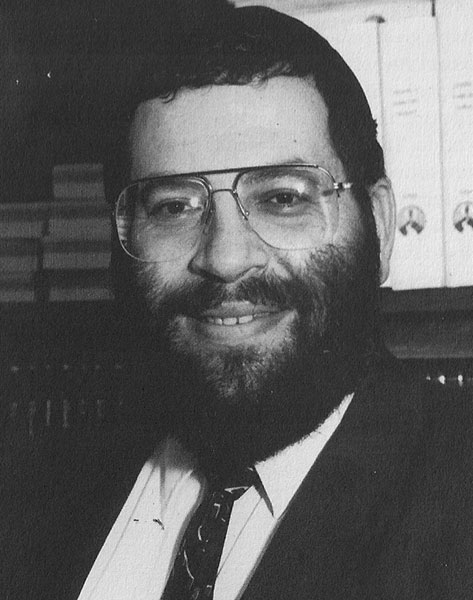
1997 Covenant Award Recipient
Yaakov Bender
Rabbi Yaakov Bender was born in the Williamsburg section of Brooklyn to a family that has been steeped in Torah learning and education for generations. His father, Rabbi David Bender, was the principal of the Yeshiva Torah Vodaath in Brooklyn, and was deeply involved in the rescue of European Jewry during WWII. His mother, a devoted student of the legendary Sara Schenirer, founder of the Bais Yaakov movement in Cracow, Poland, arrived on these shores on the last boat out of Poland before the War. Here, she continued her teacher’s work and helped found the Bais Yaakov movement in America, a pioneering effort to educate girls from very observant families. As a young child, exposed to both his parents’ activities in combining Jewish education with acts of great kindness, Yaakov Bender dreamed that he would someday be able to follow in his parents’ footsteps.
While still in high school, Yaakov Bender became the branch leader of the Pirchei Youth Movement of Agudath Israel of America. A graduate of Mirrer Yeshiva Central Institute, he received his rabbinical ordination there in 1971. After his marriage in 1972 to Ms. Bryna Diskind, also an educator, and the daughter of educators, he continued his post-graduate studies at the Mirrer Yeshiva. In 1973, Rabbi Bender founded the Flatbush branch of the Hatzalah Volunteer Ambulance Squad. He served on the Central Board of Hatzalah for 20 years. In 1978 he moved to Far Rockaway to take his first formal teaching position at Yeshiva Darchei Torah. He also founded a Hatzalah branch there as well. Six months later, he was chosen to lead the school as its principal. Under his leadership, the yeshiva has grown from a small school with a student body of 140 students to a widely known and respected Torah institute of more than 800 students.
Rabbi Yaakov Bender feels that his greatest accomplishment in education is his founding of the Rabenstein Special Education Center at the Yeshiva. More than 100 special education and multihandicapped students from all over the country are served by what is considered to be one of the best special education centers in the United States.
The most difficult aspect of his work is to juggle the needs of the gifted and academically superior students, who make up a large part of the school, with those of the special children. He is succeeding. Although separate classes may be necessary to accommodate different levels of academic work, inclusion within a school enriches every child. Rabbi Bender reaches out to every student to bring out the most in each and every child. Each child, in turn, learns the value of every individual.
Rabbi Yaakov Bender's Statement of Motivation and Purpose:
“As a young boy I watched my father work tirelessly on behalf of the Jewish community. I heard him tell of his work with the Vaad Hatzalah Rescue Squad trying desperately to save Jews from the fires of the Holocaust. I read some of the hundreds of telegrams he received during the War, and I understood that each one of us has a responsibility for our fellow Jews.
I was inspired to enter the field of Jewish education by the example of both my father and my mother. My father was a highly respected educator who served as the principal of Yeshiva Torah Vodaath, the largest yeshiva in America at that time. But perhaps I owe most to my mother who shouldered the responsibilities of a single parent with my father’s early death. My mother was a leading figure in the education of young women for over 50 years.
When I was a child in school, I never forgot the image of the boys who sat in the back of the room, hoping to be ignored by their rebbes and teachers, fearing daily humiliation. I knew that the bright students would prosper, but who would care for the others? I was aware that the parents felt shame at having a child who did not show promise as a scholar. And I found it hard to believe, though it was painfully true, that many yeshivas turned away the less gifted. When I had the opportunity to assume the leadership of Yeshiva Darchei Torah, I vowed to make a difference. I believed then, and fervently believe now, that EVERY child deserves a place in his community’s school. I believe that no child should dread going to school, should fear being called upon, should develop negative feelings towards learning. Every child can learn. Some need to be taught differently.
In our school we try to demonstrate in theory and practice the ethical values and good character that should come from a Jewish education. Our children must learn to recognize and accept the child in the wheelchair, the child with diminished mental capacity, the blind, the deaf, and to know that these are all our children, our friends, our classmates. Not long ago, I received a phone call from a parent of an eight-year-old child who is wheel-chair bound, with a difficult case of Cerebral Palsy. While suffering slight learning disabilities, he tested with an IQ of over 1.60, is sweet, well-behaved, and has a wonderful disposition. But no yeshiva would take him. Who gave this child Cerebral Palsy? It was not self-inflicted. The Ribbono Shel Olam, in infinite wisdom, decreed that this child should have CP. Can we contest that ruling? Accepting such a child into a conventional school will surely tax the school’s facilities. For instance, someone will have to wheel this child to the rest room, or to the ballfield for a little fresh air and entertainment. That does not frighten me. If my son were the one to be given this assignment, I am certain that he would grow immeasurably from the task, as he would were he to study together with this young man. Must we run away from every situation that does not fit into a safe mold, tried and tested in the past?”
From His Letters of Support:
“This is my story. I was a black, Jewish child from a lower-class home. My mother wanted to enroll me in a religious school, but because she could not pay very much tuition and for other obvious reasons, we were turned down again and again. Then, we walked into Yeshiva Darchei Torah to see Rabbi Bender. Rabbi Bender lovingly accepted me into his school. I remember that day as if it were yesterday. I am now learning in a post-graduate rabbinical school in Israel – only because of the confidence that Rabbi Bender instilled in me so many years ago.
When I was in school, Rabbi Bender always came into class to ask how I was doing. At the time, I thought he was showing a special interest in only me, but I soon learned that he cared like this for all his students. In the fifth grade I would visit Rabbi Bender’s office several times weekly to read the Talmud I had learned that day. One day, I saw a boy coming out of the office carrying a toy he had received as a prize for reading nicely. It was then that I realized that I was not the only boy being rewarded for reading well.
For a principal of such a large school to give special attention to a few students in his ‘free time’ is something incredible. In truth, as a pillar of the community, Rabbi Bender has no ‘free time’; but any individual who needs Rabbi Bender’s help feels that this man is attuned only to that individual’s needs…. I am but one of thousands who was affected by Rabbi Bender’s caring.”
A former student
“I asked a mother of one of our students why she subjected her child to a daily commute of 45 minutes each way to reach our school when she could have chosen a comparable school right in her neighborhood. She answered: ‘My son came home every day and told me how all the children competed to be the one who helped their blind classmate to recess, to lunch, and to other activities throughout the day…it wasn’t until the day of the class party that I understood how precious a lesson be was learning. When the Rabbi gave out the siddurim and Ari (the blind boy) got his, the whole class stood up and clapped as hard as they could. Then my son’s face was tinged with sadness as he added: ‘he could hear us clapping but he couldn’t see the smiles on our faces…’
Rabbi Bender’s efforts have taught parents to accept their children’s limitations and helped them discover how to cope with and overcome physical and mental barriers. At the same time he has overcome resistance within the general parent body to having their children share classrooms with children who require special attention. He has demonstrated that academic standards and educational goals need not be compromised in addressing the needs of a specific population.”
Richard Altabe, Principal, Yeshiva Darchei Torah
“Only a man of Rabbi Bender’s vision, a man who can appreciate the dignity and the potential of each child, could have accomplished what he has done in his school. At Darchei Torah, all children are welcome and nurtured…. Rabbi Bender has taught the parents and his staff to value the special children, and to see their presence in the school as one that humanizes the entire school. The teachings of Judaism are nowhere more actualized and apparent than at Rabbi Bender’s school.”
Julius Berman, Former Chair, Conference of Major Jewish Organizations
